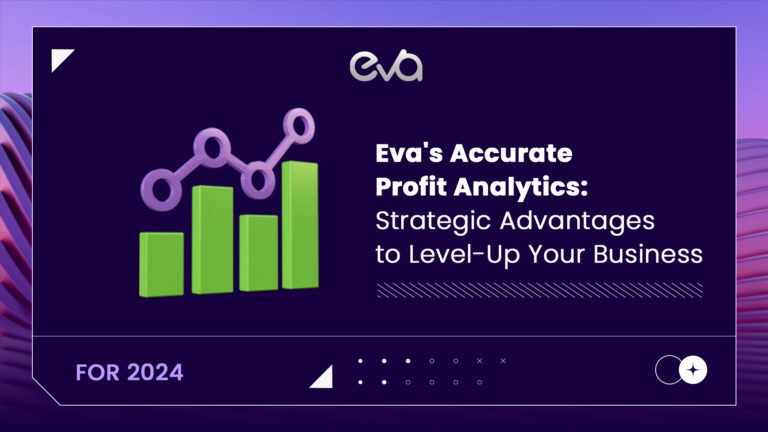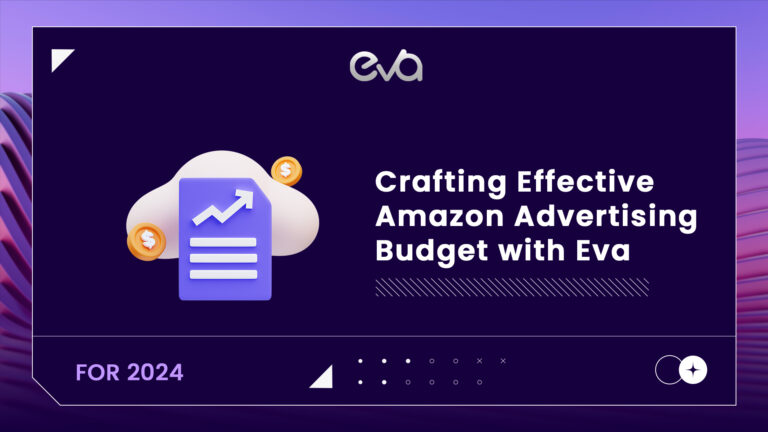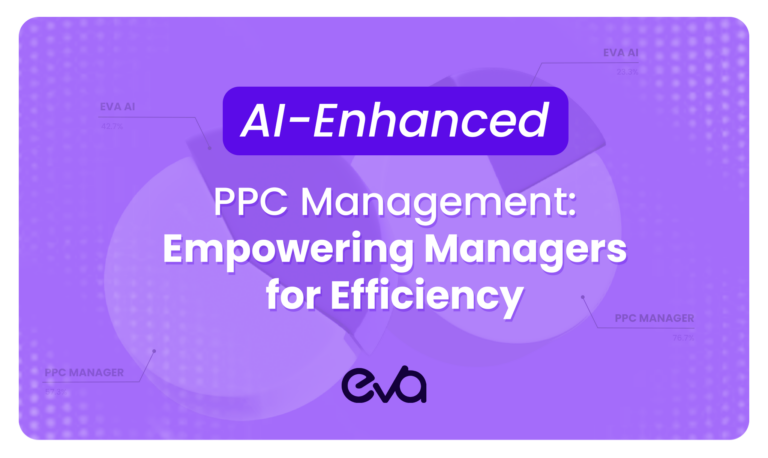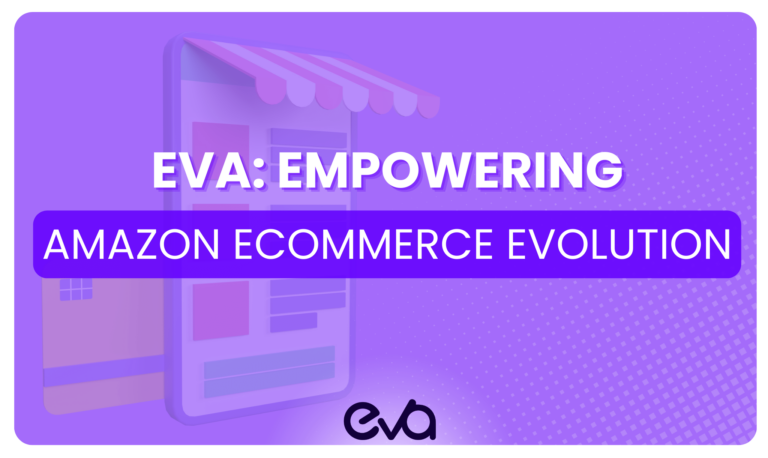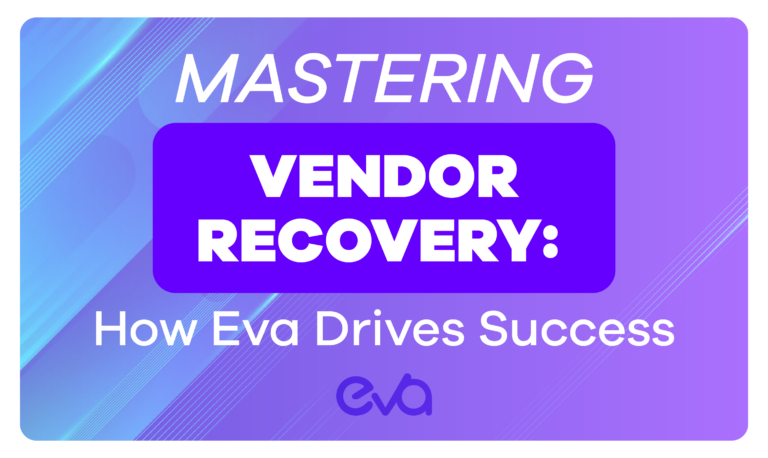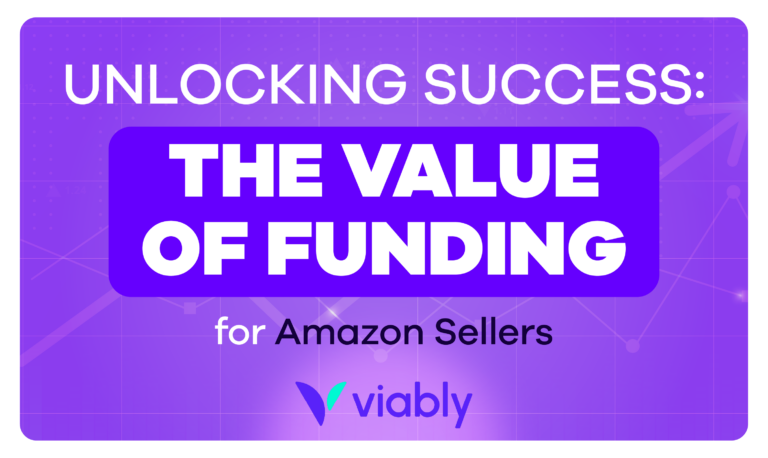Are you tired of settling for low profit sales on wholesale items that leave you with little control over your business?
It’s time to break free from the limitations and unlock unlimited success by starting your very own Amazon private label business.
This game changing model holds the key to skyrocketing your profits and achieving unparalleled growth, but only for those bold entrepreneurs ready to roll up their sleeves and put in the necessary effort.
In this action packed post, we’re about to reveal the secrets of this exhilarating opportunity.
Get ready to understand the Amazon private label business comprehensively, from meeting all the requirements to confidently launching your private label products on Amazon.
Let’s go!
Table of Contents
- What Is Amazon Private Label?
- Private Labeling VS. Other Business Models On Amazon
- Are Private Label Products Cheap Or Expensive?
- How Many Private Label Sellers Are On Amazon?
- Why Should You Start A Private Label Business On Amazon?
- Is Amazon FBA Private Label Worth It?
- Benefits & Challenges Of Amazon Private Label
- How to Start an Amazon Private Label Business? (Step-By-Step)
- How To Brand Your Own Private Label Products On Amazon
- How To Find Profitable Products for Your Private Label on Amazon
- How To Find Qualified Suppliers for Your Amazon Private Label Brand
- How To Choose The Best Fulfillment Type
- Brand Registry Is A Must!
- Step by step : Enrolling in Amazon Brand Registry:
- Best Pricing Strategy For Your Amazon Private Label Products
- Amazon Ads For Your Private Label Brand
- What Sets Your Brand Apart from Private Label Competition on Amazon
- 5 Inspiring Examples Of Private Label Brands On Amazon
- Conclusion
- FAQ
What Is Amazon Private Label?
Amazon Private Label means selling unique branded products by leveraging manufacturers & suppliers. It is a program that allows sellers to create and sell their own branded products on the Amazon platform, giving them control over the entire production process, from development to branding, while leveraging Amazon’s vast customer base for sales.
Picture this: You can create and sell your own brand of products on Amazon, reaping the rewards of higher profits, and full control over your business. That’s the magic of Amazon Private Label, a game changing opportunity that empowers you to dominate the eCommerce world like never before.
That means instead of competing with countless other sellers for generic wholesale items; you’ll craft a unique brand that stands out from the crowd, capturing the hearts and wallets of customers around the globe.
The benefits? Oh, they’re plentiful. With Amazon Private Label, you’re in control of every aspect, from product development to pricing, branding, to marketing.
You call the shots and the profits? They’re yours to amplify. No more settling for meager margins. Instead, enjoy the potential for higher profitability and scalability that comes with building a brand of your own.
But it doesn’t stop there. With Amazon Private Label, you unlock the power of differentiation. Gone are the days of generic, unremarkable products. You have the freedom to create unique, high quality offerings that resonate with your target audience, fostering loyalty and repeat business.
The best part? You don’t need to be a seasoned entrepreneur to dive in. Amazon Private Label welcomes both newbies and experienced sellers alike.
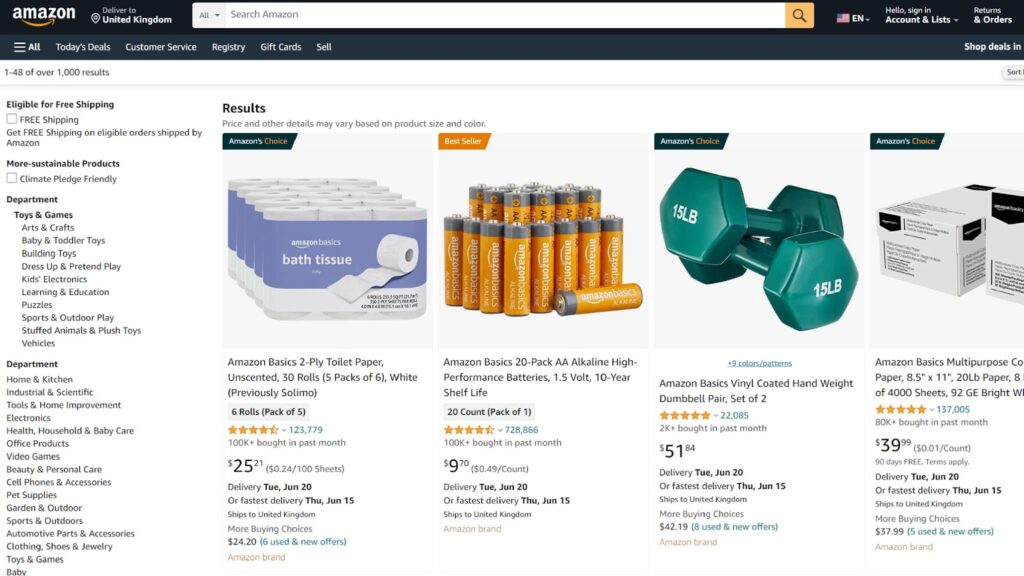
Private Labeling VS. Other Business Models On Amazon
| Selling Model | Amazon Private Label | Retail Arbitrage | Wholesale |
| Control | Complete control over product development, branding, and pricing, allowing for unique differentiation and maximizing profitability. | Limited control as products are sourced from retail stores, relying on existing brands and prices, limiting the potential for differentiation and profit margins. | Limited control as products are sourced from manufacturers or distributors, relying on existing brands and prices, limiting the potential for differentiation and profit margins. |
| Branding | Build a distinct brand identity and customer loyalty, creating a long-term asset for your business. | Selling established brands without the ability to develop a unique brand identity or build long-term customer loyalty. | Selling established brands without the ability to develop a unique brand identity or build long-term customer loyalty. |
| Profitability | Higher profit margins due to lower sourcing costs and the ability to set competitive prices. | Moderate profit margins due to sourcing products at retail prices, limiting flexibility in pricing. | Moderate profit margins due to sourcing products from wholesalers or distributors at relatively higher prices. |
| Competition | Less direct competition as you can create unique, differentiated products under your own brand. | High competition as many sellers source from the same retail stores, resulting in price wars and limited product exclusivity. | Moderate competition as wholesalers supply products to multiple sellers, reducing exclusivity. |
| Scalability | Highly scalable as you have control over product development, allowing for expansion into new markets and product lines. | Limited scalability as it relies on finding profitable deals in retail stores, which can be time-consuming and limited in quantity. | Moderate scalability as it relies on the availability of products from wholesalers and may require negotiating new deals for expansion. |
| Long-Term Asset | Building your own brand creates a valuable long-term asset that can be sold or scaled beyond Amazon. | No long-term asset as the focus is on selling existing brands without the ability to build a unique identity. | No long-term asset as the focus is on selling existing brands without the ability to build a unique identity. |
Are Private Label Products Cheap Or Expensive?
Private label products are usually cheaper than name brand products and can be just as high in quality. As a result, many sellers switch to a private label business because it offers an excellent opportunity to build a strong brand and earn a high profit margin.
Private label products on Amazon also tend to have less competition than their name brand peers, so ranking well in search results can be easier.
If you’re interested in starting a private label business on Amazon, there are a few things you need to keep in mind:
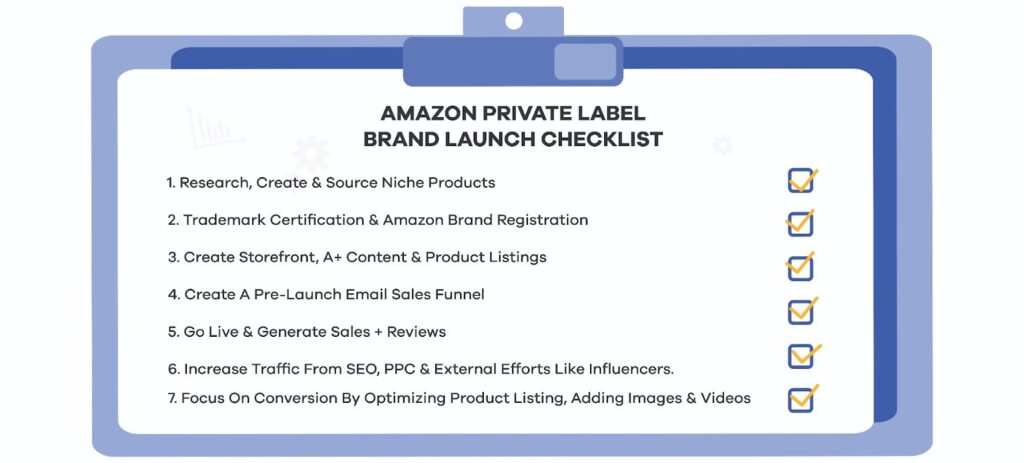
How Many Private Label Sellers Are On Amazon?
Amazon is the world’s largest online marketplace, showing no signs of slowing down.
According to studies, there were over 5 million sellers on Amazon in 2022.
Of those sellers, over 2 million were using the private label business model. This means that over 40% of all Amazon sellers were selling private label products.
The number of private label sellers on Amazon is growing rapidly. In 2016, only about 1 million private label sellers were on Amazon.
This growth is being driven by a number of factors, including the increasing popularity of Amazon, the low barriers to entry for private label sellers, and the potential for high profits.
Why Should You Start A Private Label Business On Amazon?
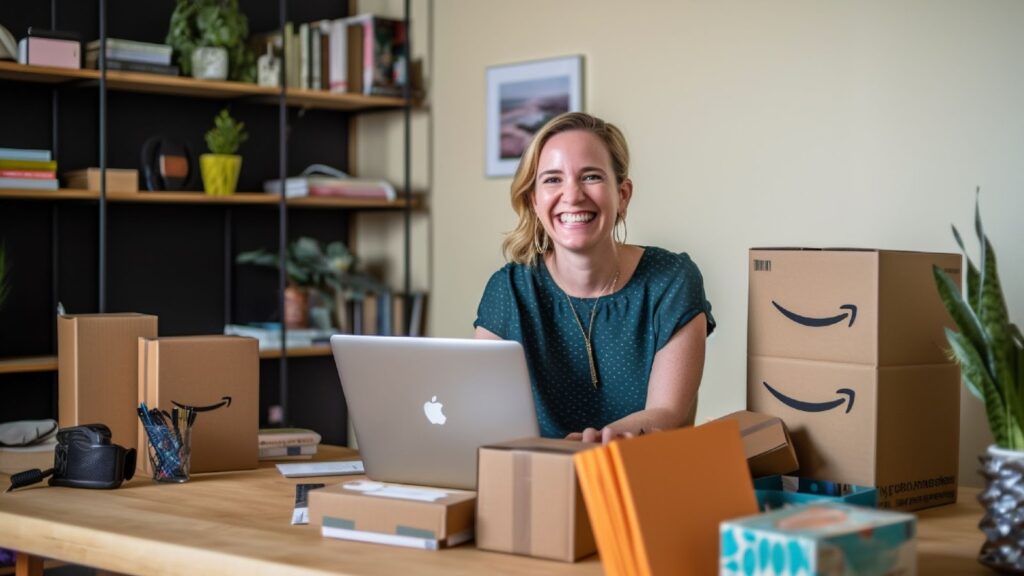
Private label businesses on Amazon are on the rise, and there are many reasons why you should start one too. First, private label products often have higher quality than wholesale ones.
This is because they are made by a specific company and are not generic or “one size fits all.” Private label products also tend to be more expensive, so you can make a higher profit margin on them.
Moreover, starting a private label Amazon business can be a great way to build your own brand. It lets you put your unique logo on a product, creating a strong brand identity.
Is Amazon FBA Private Label Worth It?
Although your private label brand on Amazon is unique, it’s not unrivaled, and you’ll have to deal with many other ASINs. It also takes some time and money to get started, and, despite popular belief, private labeling is not a set it and forget it type of business.
Instead, learning, perseverance, and hard work are required when running an Amazon FBA private label business. Is it, however, worth it? That decision is ultimately yours, but we say a loud yes!
Amazon’s private Labeling, in our opinion, has far more pros than cons. Will every Amazon seller who launches a product be successful? Probably not, but if you put in the effort, form effective amazon private label strategies, constantly improve, and learn from your mistakes, you will master it.
For Medium-Sized Businesses
In terms of both time and money, Amazon private labeling has a much lower startup cost than almost all other types of businesses.
With a budget of around $10,000, you are almost certain to succeed and see a return on investment far exceeding your initial investment.
However, new products must be launched with an ad budget to get those first few reviews and start ranking organically. You also need to pay the cost of registering a brand trademark, which is necessary for the Amazon Brand Registry and premium features to help your brand stand out.
If you have a $500 or less budget, you’d better start with retail arbitrage or wholesale and focus on flipping your investment as soon as possible.
A budget of $500 will cover the costs of a mid level designer and content writer for creating Amazon A+ content and several product samples. So, the starting cost for a private label Amazon FBA business in 2023 is approximately $3100.
You’ll also need $39.99 to purchase a Professional Amazon Seller account and additional fees for each sold item. You should strive to reduce your manufacturing costs while increasing your selling price.
You can get better deals by placing large volume orders and locating cost effective 3PL warehouses for delivering manufactured goods to Amazon warehouses.
Moreover, the initial investment depends on your logistic infrastructure if you’re about to use Amazon FBM or SFP programs.
For Small Businesses
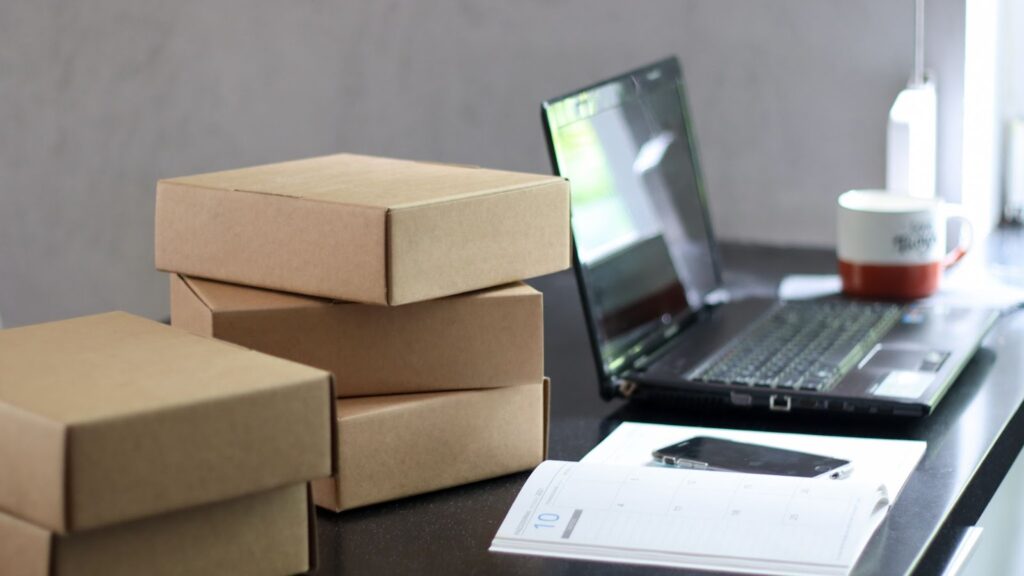
For small size items, a landing cost of $4 per unit is low. Amazon Marketplace requires all sellers to use UPCs. Inventory storage, fulfillment, unplanned services, return processing, and other services are all subject to fees. In addition, referral fees are calculated as a percentage of the product’s total sale price.
Amazon Brand Registry (ABR) is one of Amazon’s services created with various benefits, such as high quality content creation and customized advertisements.
Furthermore, if you have the necessary skills, you can create your own unique logo and storefront design. It’s also worth mentioning that an average professionally shot and edited photo costs about $75. You should consider purchasing a professional camera to expand your sales.
Benefits & Challenges Of Amazon Private Label
| Benefits of Amazon Private Label | Challenges of Amazon Private Label |
| Own Your Brand | High Initial Investment |
| Increased Profit Margins | Branding Challenges |
| Make Your Product Unique | Relatively Higher Risks |
| Customer Expectations Are High | Customer Expectations Is High |
| No More Competition For The Buy Box | Order Quantity Minimum Is High |
| No Brand Restrictions | Inventory That Remains Unsold |
| Leverage A+ Content |
Benefit 1: Branding Power
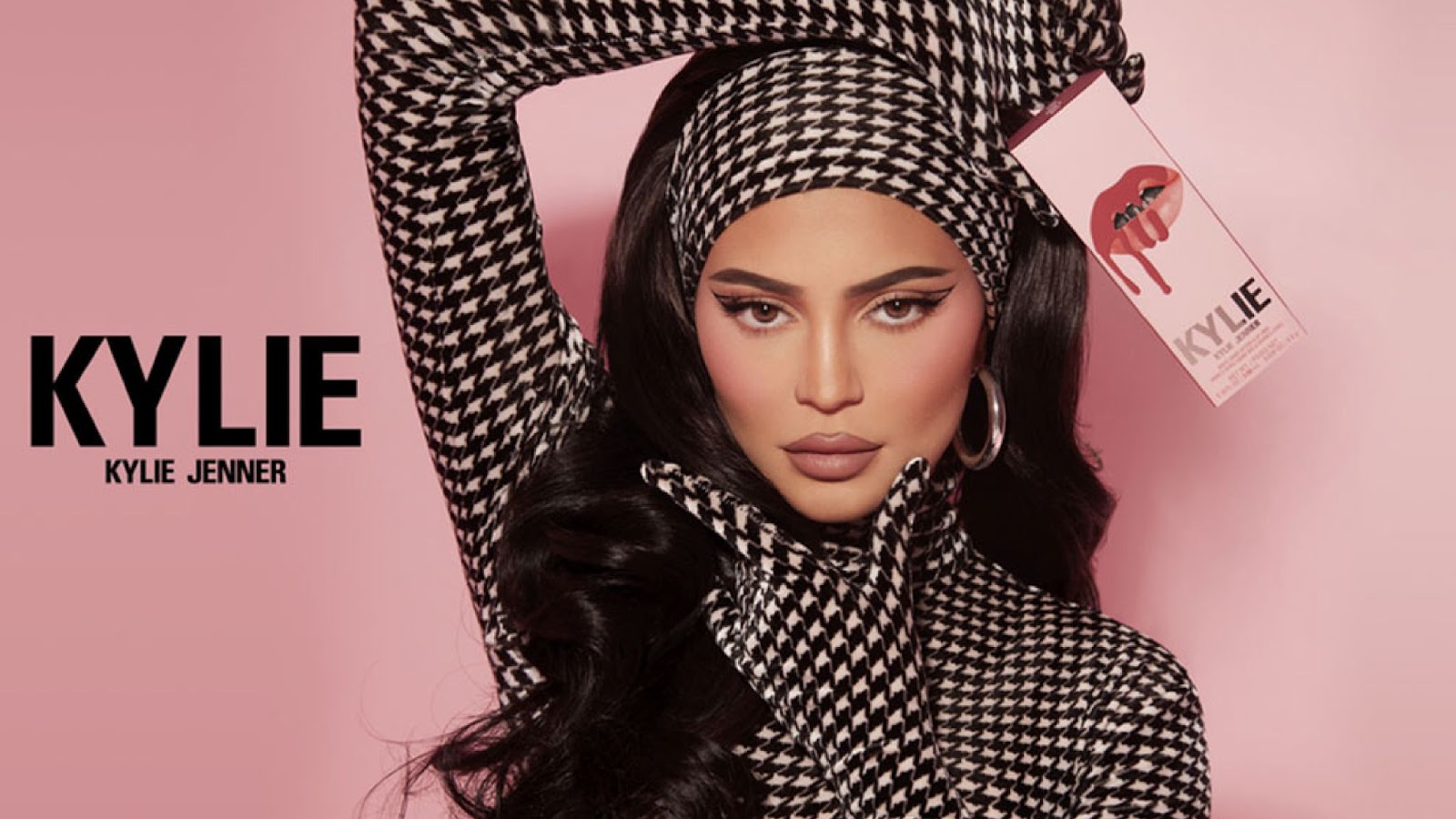
In contrast to reselling products from other brands through arbitrage or wholesale, Amazon Private Label allows you to establish and own your brand. This means you have the freedom to market, grow, and price your products as you see fit, maximizing profit and sales.
Example: Let’s say you’re passionate about health and wellness. With Amazon Private Label, you can create your own line of organic supplements, giving you full control over the branding, product quality, and pricing.
You can build a brand that resonates with health conscious consumers and positions your products as premium choices in the market.
Benefit 2: Boost Your Profit Margins
When you source products directly from manufacturers or suppliers for your private label, your costs are significantly lower than reselling other brands’ products. This translates into higher profit margins for your business.
Example: Suppose you’re selling kitchen utensils as a private label on Amazon. By partnering directly with a manufacturer, you can negotiate better pricing, allowing you to offer competitive prices to customers while still enjoying healthy profit margins.
That gives you a competitive edge over sellers who rely on wholesale products and have to deal with higher costs.
Benefit 3: Create Uniqueness that Sells
One of the greatest advantages of Amazon Private Label is the ability to differentiate your products and make them stand out in a crowded marketplace.
You have the flexibility to customize and improve upon existing products based on customer feedback, enhancing their features or addressing pain points.
Example: Let’s say you discover that many customers are dissatisfied with the durability of existing smartphone cases on the market.
As a private label seller, you can work closely with your manufacturer to develop a more robust and stylish case that offers superior protection. This way, you can attract customers who are seeking an improved product.
Benefit 4: Control Your Product Details Page
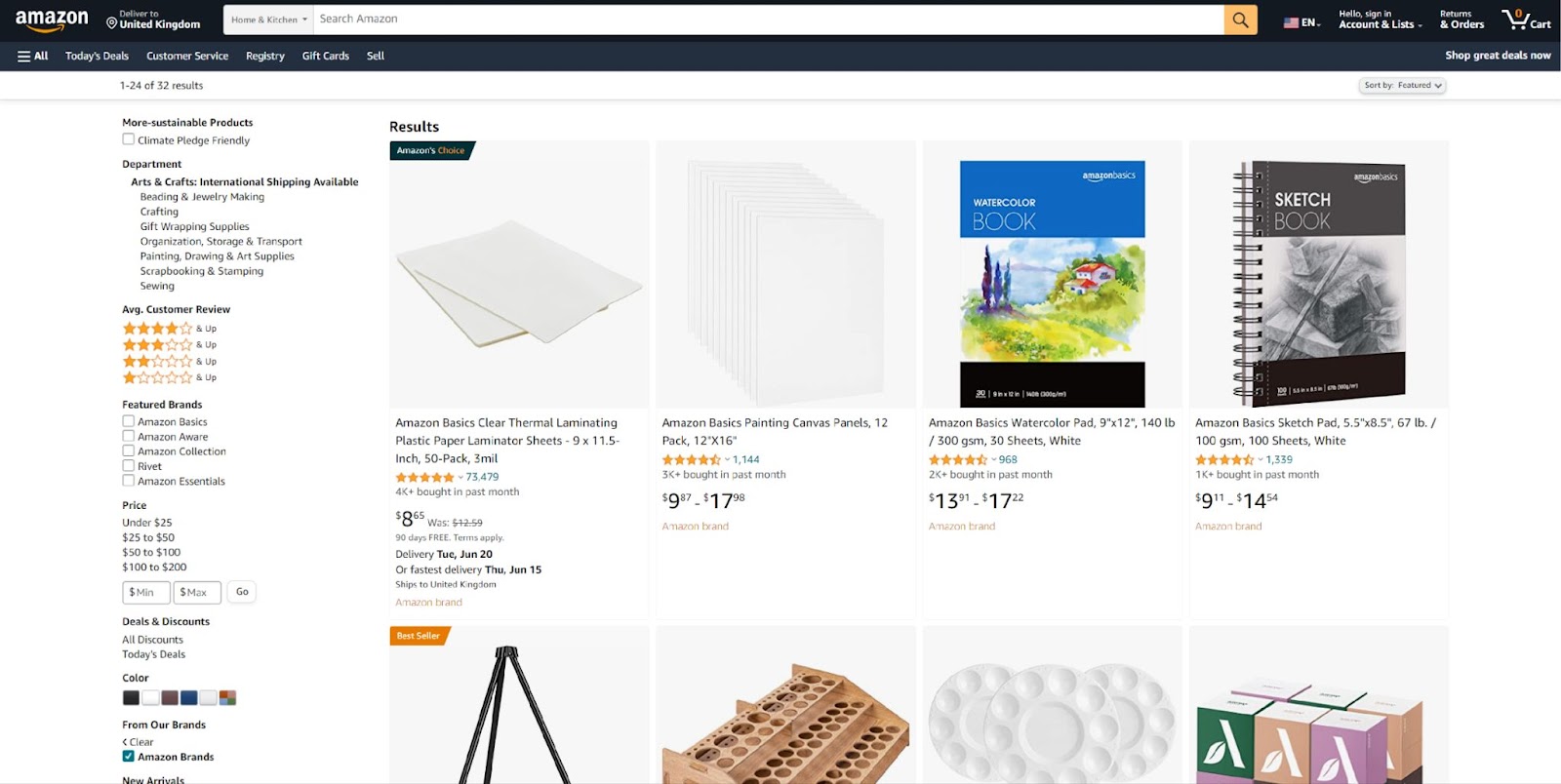
With Amazon Private Label, you have complete control over your product details page. This means you can optimize product images, pricing, copy, and keywords to improve visibility and conversion rates.
Example: Suppose your competitors’ product images lack visual appeal and fail to showcase key product features. By investing in high quality product photography and creating engaging lifestyle images, you can capture the attention of potential customers and increase the likelihood of conversion.
Additionally, you can refine your product description and bullet points to highlight the unique benefits and value your private label product offers.
Benefit 5: Win the Buy Box Battle
As a private label seller on Amazon, you don’t have to compete with other sellers for the Buy Box. You automatically own the Buy Box for your private label listings, ensuring that you capture most sales.
Example: Consider a scenario where a customer searches for a specific product on Amazon. If you’re the sole private label seller offering that product, you will consistently secure the Buy Box, making it more likely for customers to choose your listing over others.
This exclusivity strengthens your brand visibility and increases the chances of driving sales.
Benefit 6: Freedom from Brand Restrictions
Unlike selling products from established brands, Amazon Private Label allows you to create and develop your own brand without limitations. You can establish a unique brand identity, design captivating packaging, and build brand recognition among customers.
Example: Let’s say you’re passionate about eco friendly products. With Amazon Private Label, you can create a line of sustainable household cleaning products.
By using environmentally friendly ingredients and packaging, you can attract environmentally conscious consumers actively seeking such products. This level of freedom allows you to align your brand with your values and attract a loyal customer base.
Benefit 7: The Power of A+ Content
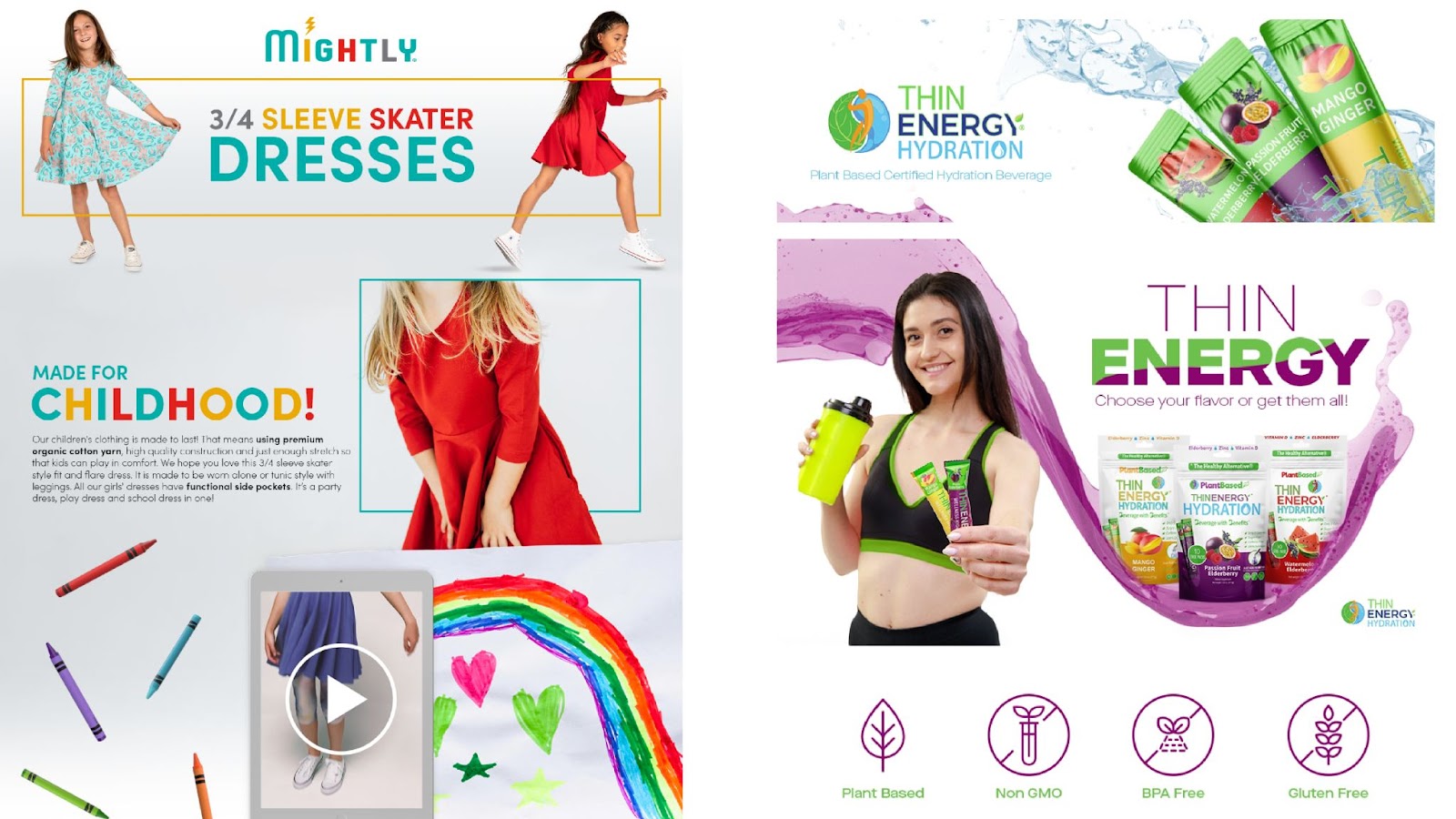
As an Amazon-registered brand, you gain access to A+ Content (Enhanced Brand Content), which enables you to enhance your product listings with multimedia content.
By utilizing images, videos, infographics, and comparison charts, you can provide a richer and more engaging shopping experience for customers.
Example: Imagine you’re selling fitness equipment as a private label brand on Amazon. By utilizing Amazon A+ Content, you can showcase workout videos demonstrating the correct usage of your products, display high resolution images highlighting their quality and features, and provide detailed infographics illustrating the benefits of your equipment.
This immersive content not only informs potential customers but also builds trust, increasing the likelihood of purchase.
While Amazon Private Label offers numerous benefits, it’s important to be aware of potential challenges to make informed business decisions. Let’s explore a few:
Challenge 1: High Initial Investment
Launching a private label brand requires a significant upfront investment. Manufacturers often require bulk orders, and cost management is crucial.
However, by conducting thorough market research, selecting the right product niches, and carefully planning your inventory, you can optimize your initial investment and maximize long-term profitability.
Challenge 2: Branding
Creating a unique brand identity can be a complex process that demands budget, time, effort, and creativity.
However, by defining your target audience, conducting competitor analysis, and developing a compelling brand story, you can differentiate your private label brand and create a strong emotional connection with customers.
Challenge 3: Mitigating Risks
As with any business venture, there are risks associated with private label selling. However, by conducting thorough market research, validating product ideas through testing and sampling, and implementing effective inventory management strategies, you can minimize risks and increase your chances of success.
Challenge 4: Building Customer Trust
Establishing trust with customers accustomed to established brands can be challenging. To overcome this, focus on providing exceptional customer service, soliciting and showcasing positive reviews, and leveraging social proof to build credibility.
Offering guarantees, warranties, and responsive customer support can also help establish trust in your private label brand.
Challenge 5: Managing Minimum Order Quantities
Manufacturers often have minimum order requirements, which may be higher than what you typically order. By leveraging third-party logistics (3PL) warehouses, you can store excess inventory and ship it to Amazon’s fulfillment centers as needed. This helps manage your inventory costs and ensures efficient order fulfillment.
Challenge 6: Avoiding Unsold Inventory
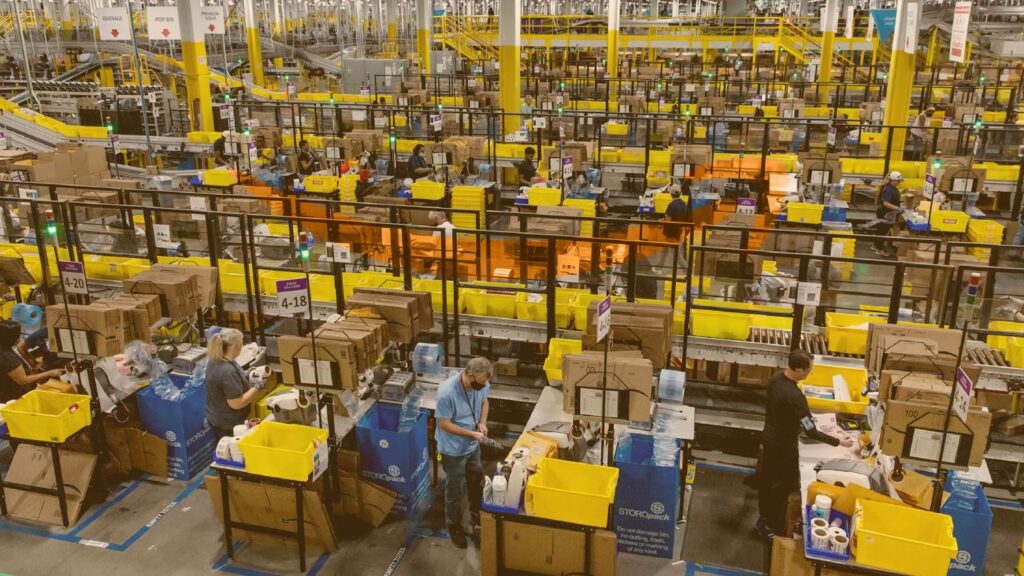
Predicting demand for new products can be challenging, and ordering excessive inventory can lead to unsold items.
To mitigate this risk, conduct thorough market research, test the market with smaller initial orders, and use data driven insights to make informed inventory replenishment decisions.
How to Start an Amazon Private Label Business? (Step-By-Step)
Amazon Private Label empowers entrepreneurs to build their own brands and sell unique products on the world’s largest online marketplace. Here’s a comprehensive breakdown of how this lucrative business model works, along with actionable tips to help you succeed:
Step 1: Identify Aa Profitable Product Niche
To start your Amazon Private Label journey, thorough market research is crucial. Look for product niches that demonstrate high demand and relatively low competition.
Analyze customer preferences, trends, and pain points to identify opportunities where you can provide a unique solution or improved product.
Example: Let’s say your research reveals growing demand for natural skincare products. By identifying specific gaps in the market, such as the need for organic facial serums, you can target a niche audience seeking clean beauty alternatives.
Step 2: Source Quality Manufacturers Oror Suppliers
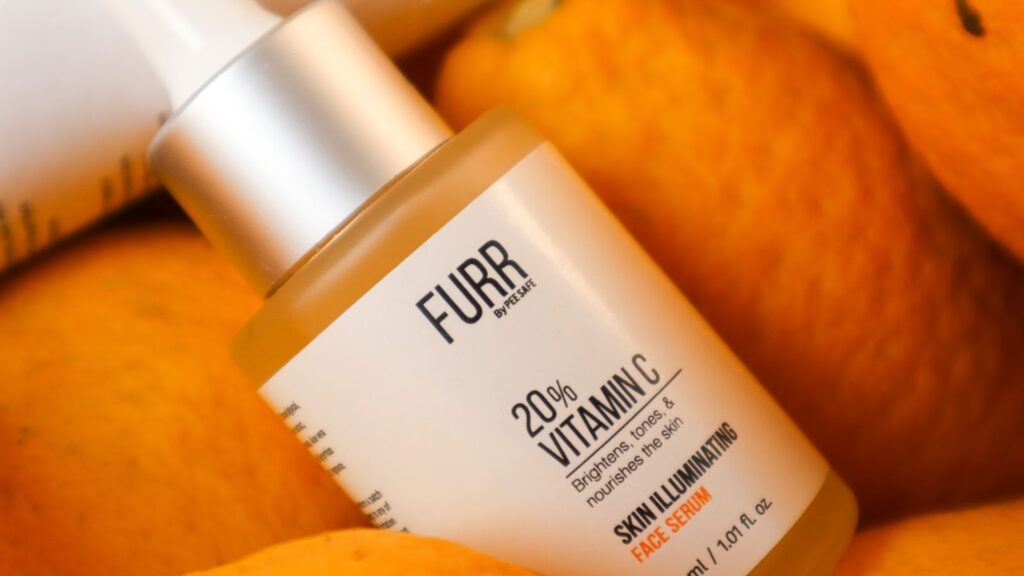
Once you’ve identified your product niche, the next step is to find reliable manufacturers or suppliers who can bring your vision to life. Seek out partners with a track record of producing high-quality products and adhering to industry standards.
Example: In the case of organic facial serums, search for manufacturers experienced in formulating natural skincare products. Request product samples, and certifications, and conduct thorough due diligence to ensure the supplier aligns with your brand values.
Step 3: Customize & Brand Your Products
Differentiation is key in private label selling. Collaborate with your chosen manufacturer to customize your products and infuse them with your brand’s unique identity.
That includes designing attractive packaging, incorporating your logo, and adding branding elements that resonate with your target audience.
Example: Work closely with designers to create visually appealing packaging that reflects the natural and organic qualities of your facial serums. Use eco friendly materials and highlight key selling points, such as cruelty free formulations or sustainable sourcing.
Step 4: Create Compelling Product Listings
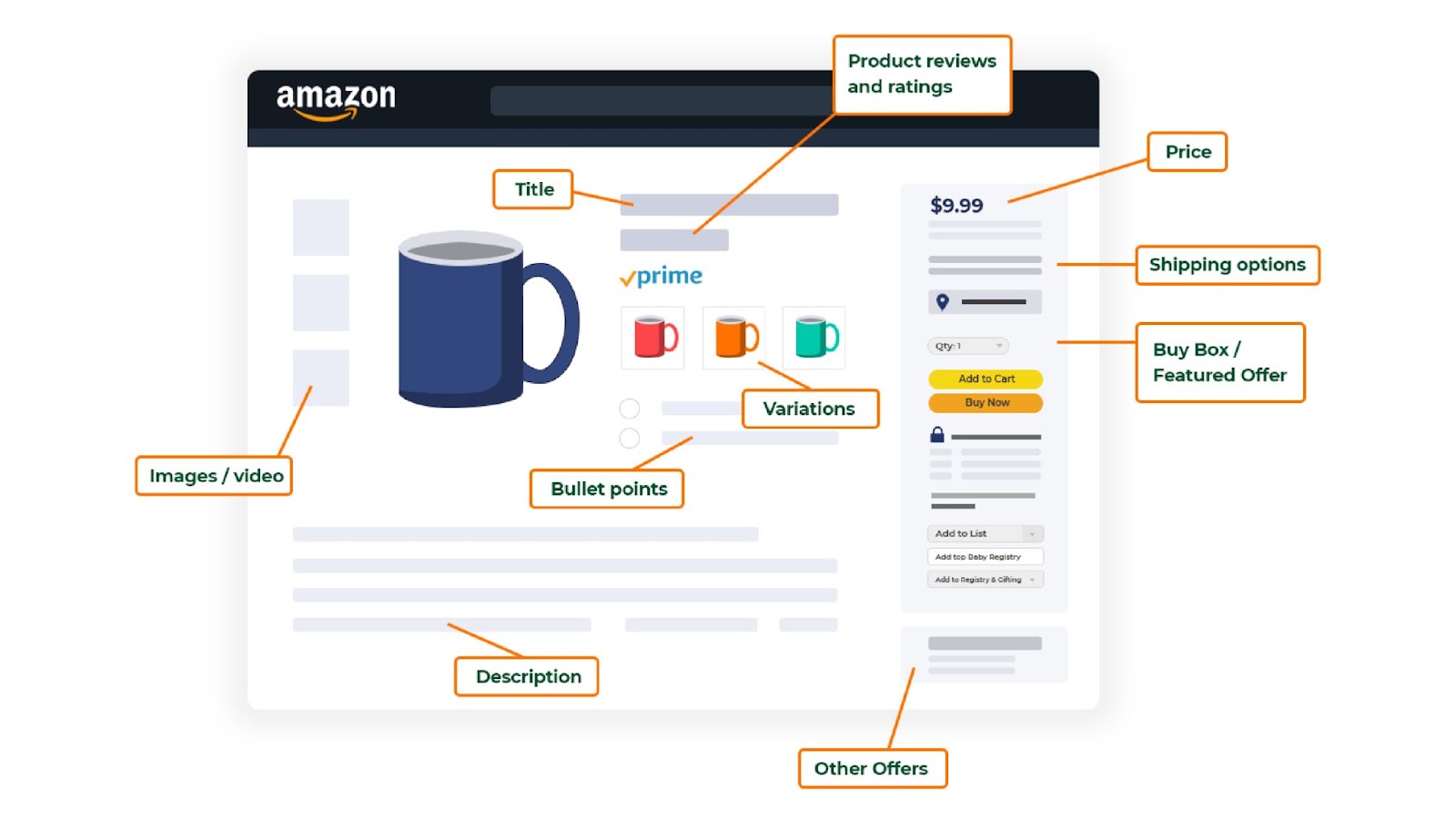
Once your products are ready, it’s time to create persuasive and informative product listings on Amazon. Craft attention grabbing product titles, concise bullet points, and compelling descriptions that highlight the unique features and benefits of your private label products.
Example: For your organic facial serums, emphasize their potent botanical extracts, advanced anti-aging properties, and gentle formulation suitable for sensitive skin.
Clearly communicate the benefits your customers can expect, such as improved skin texture and a youthful glow.
Step 5: Optimize Your Product Listings For Discoverability
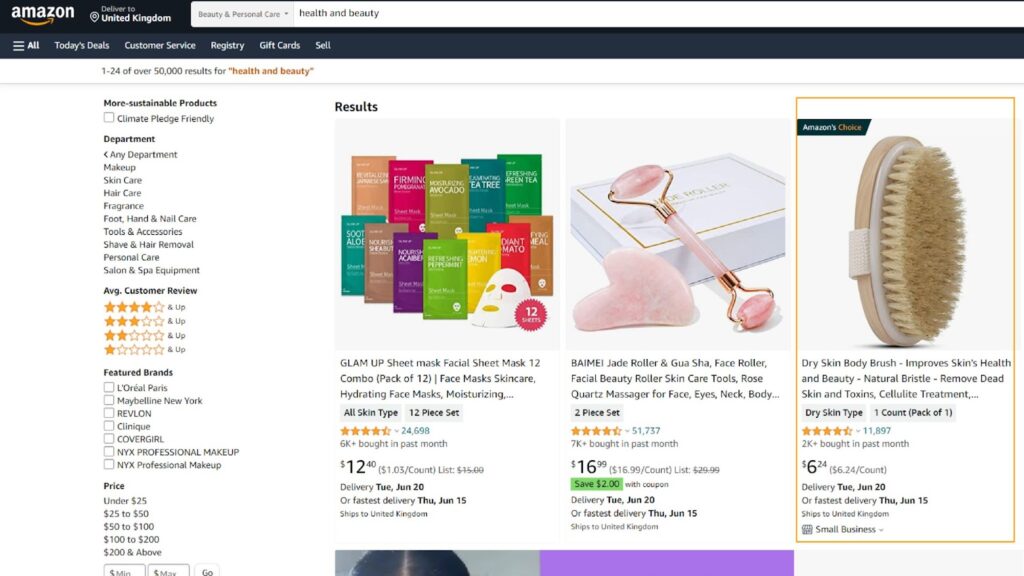
To maximize visibility and attract potential customers, optimize your product listings for search engine optimization (SEO). Conduct keyword research and strategically incorporate relevant keywords in your product titles, bullet points, and descriptions.
Example: Identify commonly used search terms like “organic face serum,” “natural anti aging skin care,” or “vegan facial serum.” Incorporate these keywords naturally throughout your listing to enhance your product’s visibility in search results.
Step 6: Promote & Market Your Private Label Brand
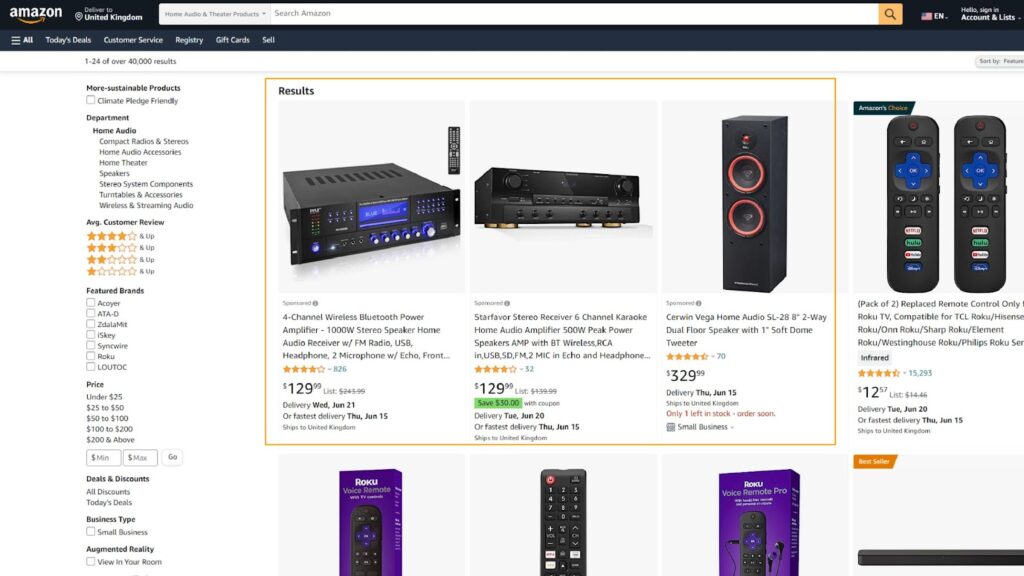
To accelerate sales and increase brand awareness, implement effective marketing strategies. Leverage various Amazon advertising options, such as Sponsored Products or Sponsored Brands, to boost visibility and drive targeted traffic to your product listings.
Example: Run targeted advertising campaigns focusing on skincare enthusiasts, eco-conscious consumers, or individuals seeking clean beauty alternatives.
Craft compelling ad copy that highlights the unique selling points of your organic facial serums, such as their nourishing ingredients or noticeable results.
Step 7: Monitor, Optimize, and Expand
Continuously monitor the performance of your private label products, gather customer feedback, and make data driven decisions to improve your offerings. Optimize your listings, pricing, and marketing strategies based on market trends and customer preferences.
Example: Regularly analyze customer reviews to gain insights into product satisfaction and identify areas for improvement or new product ideas. Engage with customers, address their concerns, and demonstrate your commitment to providing exceptional products and customer service.
How To Brand Your Own Private Label Products On Amazon
Branding your products on Amazon opens up a world of opportunities to establish your unique identity and reach a massive customer base.
With Amazon’s powerful branding tools at your disposal, you can create a professional and distinctive product image that captivates your audience. Here’s how to get started and maximize your branding potential on Amazon:
Step 1: Choose a Powerful Amazon Brand Name
Your brand name sets the stage for your entire identity. Select a name that conveys your message effectively and stands out from the competition. Consider keywords relevant to your product and target audience to enhance discoverability.
Example: If you’re launching a line of organic skincare products, a brand name like “NaturaGlow” instantly communicates your commitment to natural beauty and captures customers’ attention.
Step 2: Develop a Strong Branding Strategy
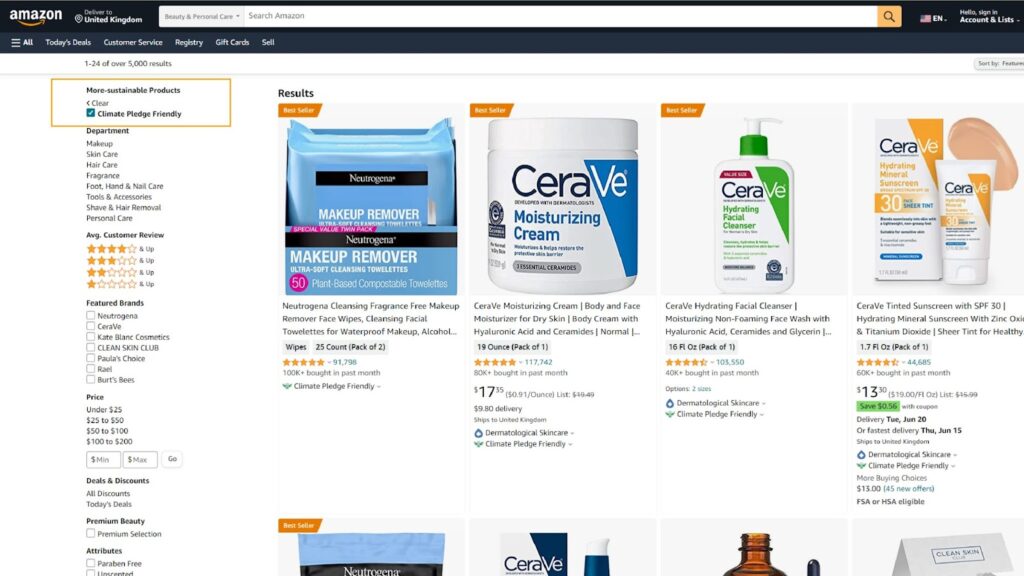
Craft a clear and concise branding strategy that aligns with your target market and sets you apart from competitors. Define your brand’s values, unique selling propositions, and visual elements that will shape your product’s perception.
Example: If you’re targeting health conscious consumers with your organic skincare line, emphasize your commitment to sustainability, cruelty free practices, and the use of ethically sourced ingredients. Incorporate these messaging points into your branding strategy to resonate with your ideal customers.
Step 3: Create Professional Product Packaging
Your product packaging is the first point of physical contact with customers. Invest in high quality packaging that reflects your brand’s identity, values, and product quality. Utilize Amazon’s resources for designing and printing custom packaging to ensure a professional and visually appealing presentation.
Example: If your brand focuses on eco friendly practices, consider using recyclable or biodegradable materials for your packaging. Incorporate your brand logo, colors, and unique design elements that convey your brand’s essence and appeal to your target audience.
Step 4: Utilize High-Quality Product Photos
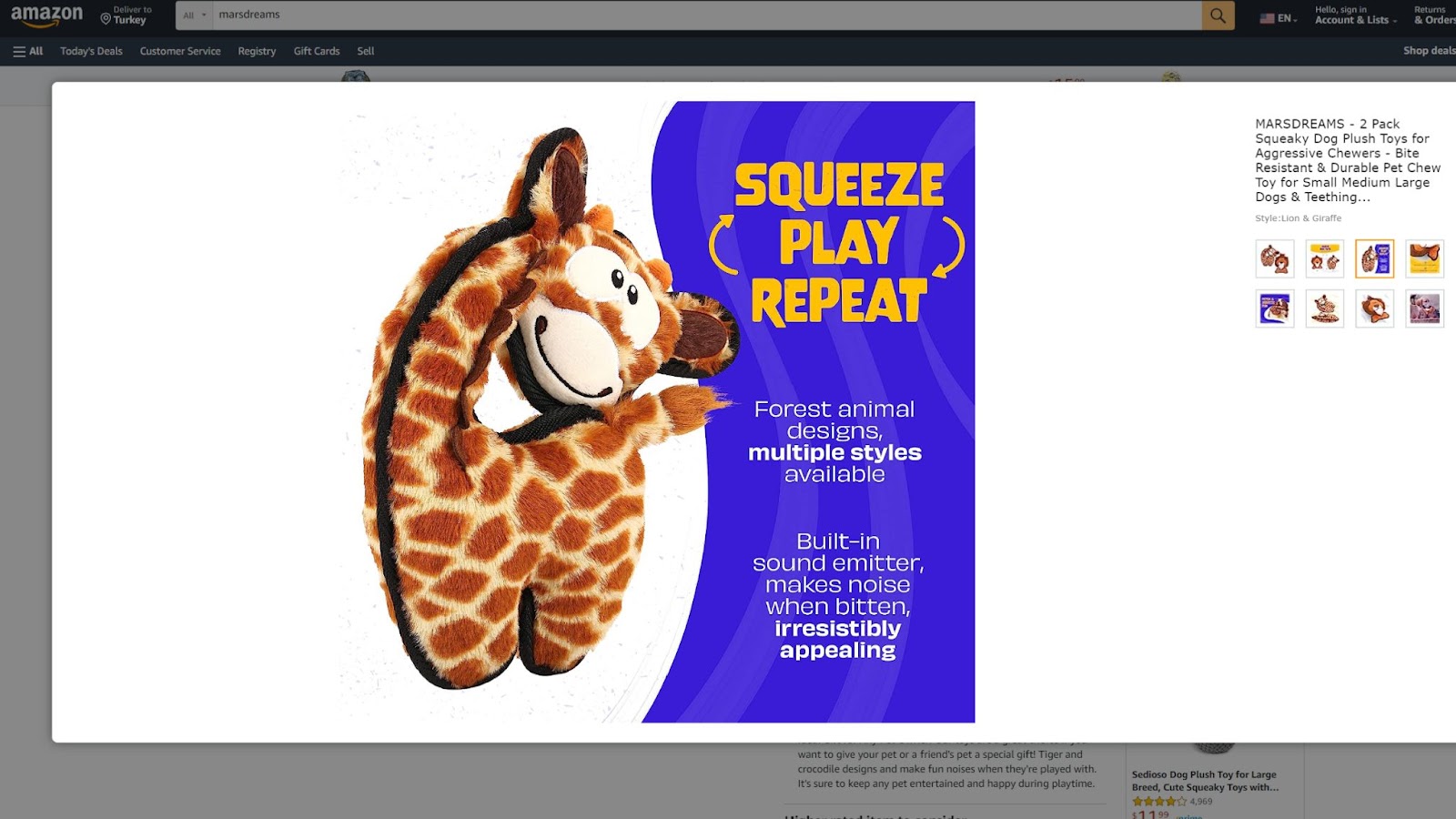
Captivating product photos are essential for generating interest and trust. Hire a professional photographer or invest in high quality equipment to capture stunning product images. Showcase your products from different angles and highlight their features to entice potential customers.
For example If you’re selling kitchen gadgets, include photos that demonstrate the functionality and versatility of your products. Show them in use, highlighting how they solve common cooking challenges and make life easier for your customers.
Step 5: Optimize Your Amazon Listings
Maximize the impact of your Amazon listings by optimizing them for visibility and conversion. Write compelling and concise product descriptions that highlight the unique benefits and features of your products.
Incorporate relevant keywords in your titles and descriptions to improve search rankings and attract the right audience.
For example If you’re selling fitness apparel, use descriptive language to convey the comfort, durability, and performance enhancing qualities of your products.
Include keywords like “moisture wicking,” “breathable,” and “premium materials” to attract fitness enthusiasts searching for high quality active wear.
How To Find Profitable Products for Your Private Label on Amazon
When selecting products for your private label on Amazon, certain characteristics can significantly impact your success.
You can streamline operations, maximize profitability, and minimize potential challenges by focusing on small and light items, non seasonal products, unregulated categories, and uncomplicated items.
Let’s take a closer look at each factor and how to benefit them.
1. Small and Light: Optimize Shipping Costs & Fulfillment
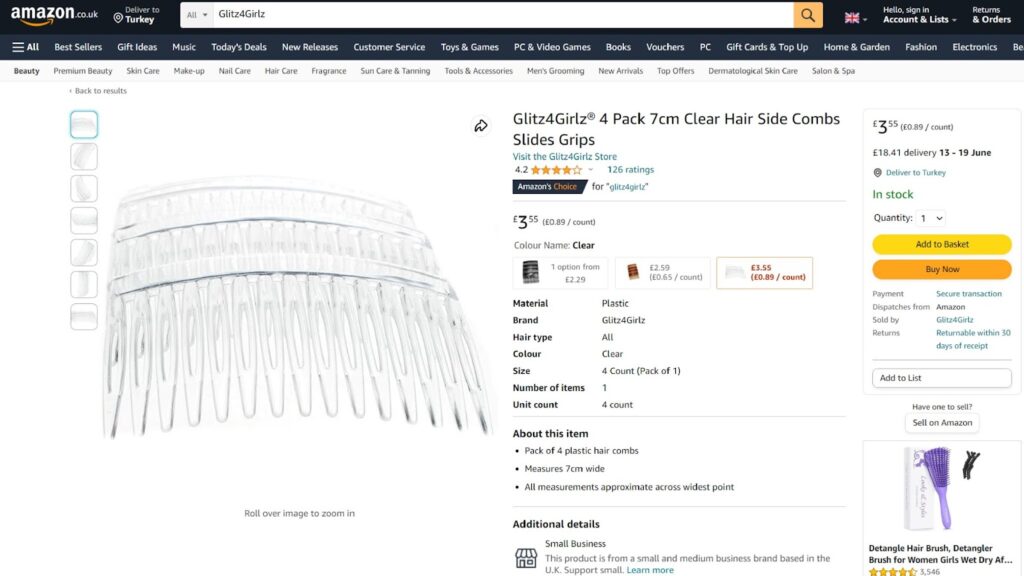
Choose products that can fit into small, flat rate boxes and weigh no more than one or two pounds. This allows you to save on shipping costs from the manufacturer and reduces expenses when fulfilling orders, whether you handle it yourself or utilize Amazon FBA (Fulfillment by Amazon).
Example: Consider selling lightweight accessories like phone cases, travel organizers, or compact home decor items that fit into small packages. These products are cost effective to ship and can be easily stored and shipped in bulk.
2. Non-Seasonal: Ensure Consistent Sales Throughout the Year
Focus on products with year around demand to maintain a steady flow of sales. Avoid products that are heavily influenced by seasonal trends or specific holidays, such as Christmas lights, Valentine’s Day gifts, or winter clothing, as they may lead to sales fluctuations.
Example: Instead of selling Christmas ornaments, consider offering evergreen products like home essentials, beauty products, or fitness accessories that cater to customers’ needs throughout the year.
3. Unregulated: Streamline Compliance & Documentation
Simplify your business operations by selecting products that don’t have extensive legal requirements or certifications. Selling regulated items like food, toys, or batteries often involves complex compliance processes and additional paperwork, which can be time consuming and costly.
Example: Focus on items such as kitchen gadgets, home decor, or pet supplies that don’t require specific certifications or face strict regulatory hurdles. This allows you to avoid potential legal complications and concentrate on scaling your business efficiently.
4. Uncomplicated: Minimize Technical Challenges & Customer Service Issues
Choose products that are straightforward to manufacture, distribute, and provide customer support for. Avoid complex electronic devices or fashion items that come with intricate variations in colors and sizes, which can lead to logistical challenges and potentially poor customer experiences.
Example: Instead of dealing with complex electronics, consider offering simple and practical solutions like smart home accessories, fitness equipment, or eco friendly household products. These items have a broader market appeal and are less likely to result in technical difficulties or sizing issues.
How To Find Qualified Suppliers for Your Amazon Private Label Brand
When building your Amazon private label brand, partnering with reliable and qualified suppliers is crucial to ensure the quality, reliability, and success of your products.
To find suppliers that meet your standards and align with your brand’s vision, follow these advanced level strategies:
Step 1. Conduct Thorough Supplier Research
Start by researching and identifying potential suppliers that specialize in manufacturing the type of products you want to sell. Look for suppliers with a proven track record of producing high quality goods, preferably with experience in the ecommerce industry or with Amazon sellers.
- Online Directories: Utilize reputable online directories like Alibaba, Global Sources, or Thomasnet to find various industry suppliers.
- Trade Shows: Attend industry specific trade shows and exhibitions to connect with suppliers in person, evaluate product samples, and establish direct relationships.
Step 2. Evaluate Supplier Credentials
Ensure that potential suppliers are qualified and reliable by thoroughly vetting their credentials. Consider the following criteria during your evaluation:
- Manufacturing Capability: Assess their production capacity, manufacturing processes, and ability to handle the volume of orders you anticipate.
- Quality Control: Inquire about their quality control measures to ensure consistent product quality and adherence to industry standards.
- Certifications: Verify if suppliers have relevant certifications, such as ISO 9001, to demonstrate their commitment to quality and compliance.
- Client References: Request references from their current or past clients to gain insights into their reputation, reliability, and customer satisfaction.
Step 3. Request Product Samples
Requesting product samples is essential to evaluate the quality, design, and overall suitability of the supplier’s offerings. Inspect the samples closely, considering factors like material quality, workmanship, packaging, and any customization options.
- Test Product Performance: Conduct thorough tests to assess the product’s functionality, durability, and performance. This step is especially crucial for products with specific requirements or technical specifications.
- Seek Feedback: Involve others, such as industry experts or potential customers, to provide feedback on the product samples and gather different perspectives.
Step 4. Communicate Clearly & Effectively
Establish open and transparent communication channels with potential suppliers. Clearly communicate your brand’s requirements, expectations, and any customization or branding specifications.
- Language and Culture Issues: If dealing with international suppliers, consider language barriers and cultural differences. Ensure effective communication by using professional translation services or hiring local sourcing agents if necessary.
- Promptness and Responsiveness: Assess the supplier’s response time and willingness to address your queries, as good communication is crucial for building a successful partnership.
Step 5. Verify Supplier Compliance & Ethical Practices
Ensure that your suppliers adhere to ethical and responsible business practices. Consider factors such as labor conditions, environmental impact, and social responsibility.
Factory Audits: Conduct on site visits or hire third-party auditing firms to assess the supplier’s facilities, working conditions, and adherence to labor and environmental regulations.
Compliance Documentation: Request relevant compliance documentation, such as factory certifications, social compliance audits, or environmental impact reports, to ensure alignment with your brand values.
Step 6. Negotiate Favorable Terms & Agreements
Once you have identified a qualified supplier, negotiate pricing, payment terms, lead times, and any other contractual agreements. Aim to secure favorable terms that align with your budget, inventory management, and overall business strategy.
- Pricing: Negotiate competitive pricing that allows for a sufficient profit margin while maintaining product quality.
- MOQ and Lead Times: Discuss minimum order quantities (MOQs) and lead times to ensure they are feasible for your business needs.
- Intellectual Property Protection: Consider including clauses in the agreement that protect your brand’s intellectual property and prevent the supplier from selling your product to competitors.
How To Choose The Best Fulfillment Type
When starting your own private label on Amazon, one of the key decisions you need to make is which fulfillment option to choose.
The three main options are Fulfillment by Amazon (FBA), Fulfillment by Merchant (FBM), and Seller Fulfilled Prime (SFP). Each option has its advantages and considerations, but we highly recommend enrolling in the FBA program for the following reasons:
1. Streamlined Operations & Customer Satisfaction
By opting for FBA, you can outsource logistics to Amazon, allowing them to handle crucial aspects such as storage, packaging, shipping, and customer service.
This not only frees up your time but also ensures a seamless and efficient order fulfillment process. Plus, FBA sellers qualify for Prime delivery, which is associated with higher customer satisfaction and can boost your sales potential.
2. Access to Prime Benefits
Being part of the FBA program grants you the opportunity to offer Prime shipping to your customers. Prime members, known for their loyalty and preference for fast, reliable shipping, will have access to your products with the Prime badge, increasing their trust and likelihood of purchasing from your brand.
3. Cost-Effective & Scalable Solution
While there are fees associated with FBA, the convenience and benefits, it offers make it a worthwhile investment.
With FBA, you can leverage Amazon’s vast fulfillment network, tap into its advanced shipping capabilities, and benefit from its discounted shipping rates. This allows you to scale your business efficiently and focus on other crucial aspects of your brand’s growth.
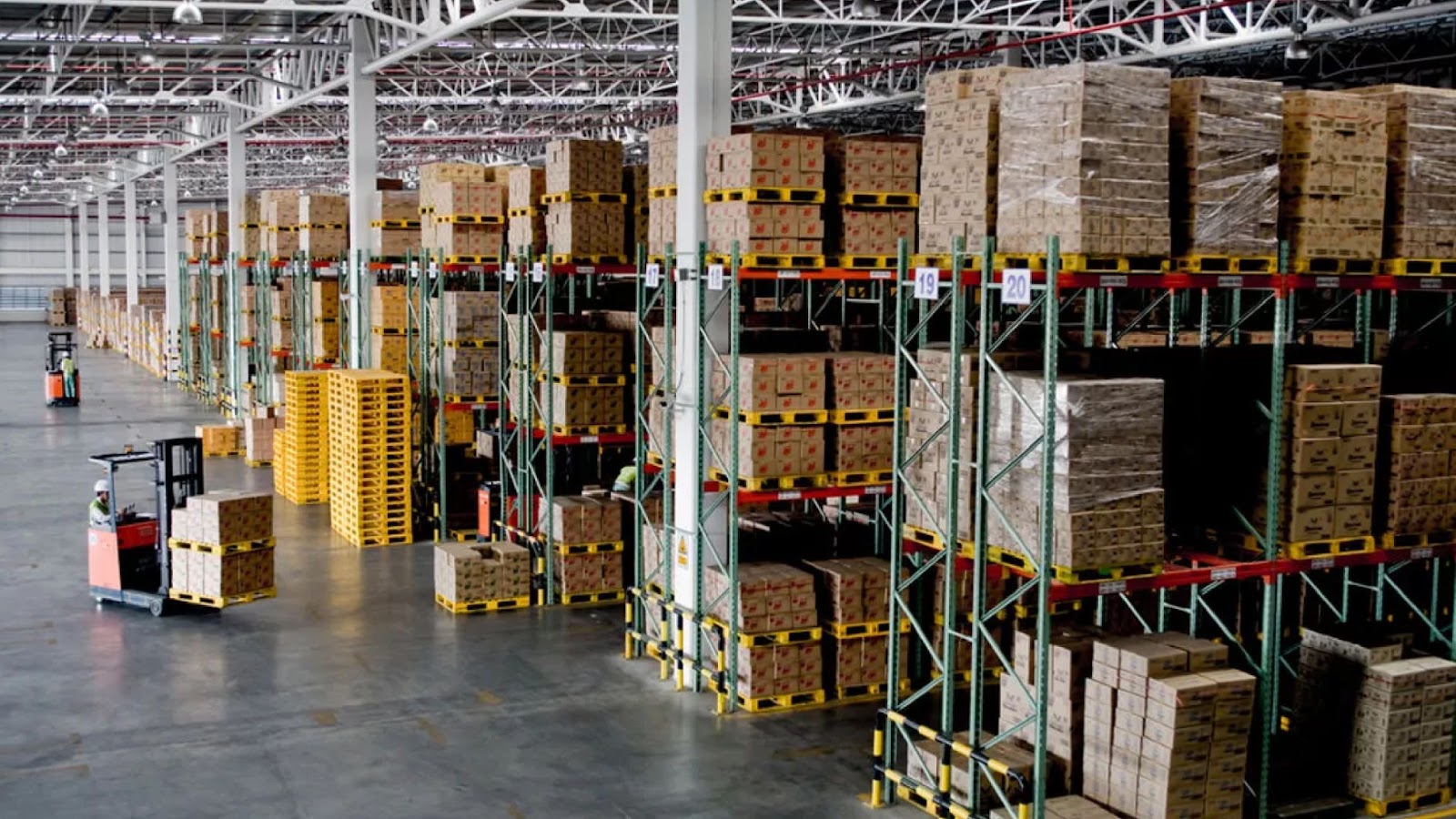
4. Time & Effort Savings
By utilizing FBA, you can offload time consuming tasks like inventory management and order processing to Amazon. This gives you more time to concentrate on product development, marketing strategies, and expanding your private label business.
Brand Registry Is A Must!
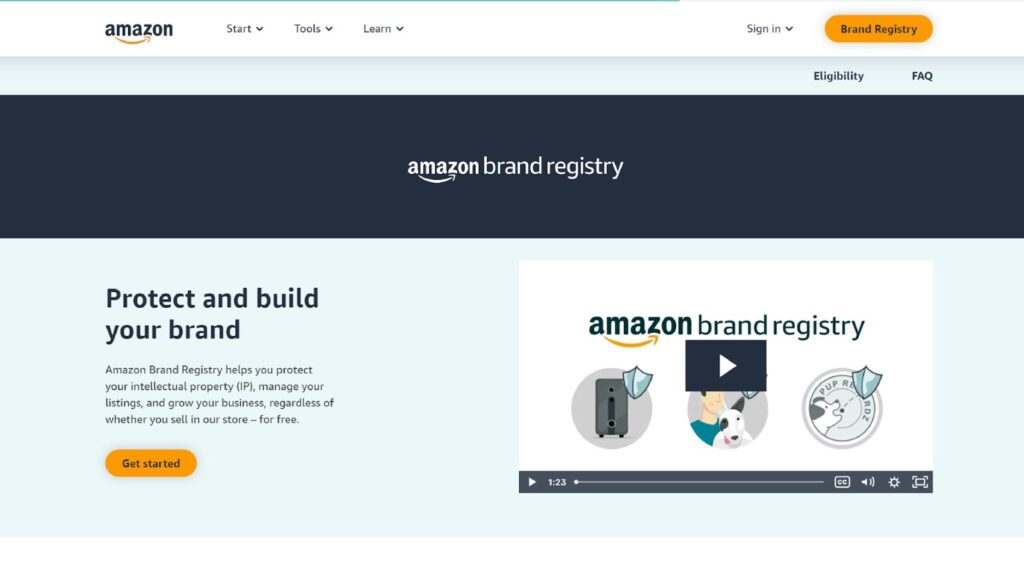
Amazon Brand Registry is a powerful program designed to protect your brand’s intellectual property and enhance your selling experience on the platform.
By enrolling in Amazon Brand Registry, you gain access to a suite of exclusive tools and benefits that can help you establish and maintain your brand presence.
Step by step : Enrolling in Amazon Brand Registry:
Step 1. Verify Your Eligibility
To enroll in Amazon Brand Registry, you need to meet certain eligibility criteria. These include having an active registered trademark for your brand that appears on your products or packaging.
Ensure that your trademark meets the requirements set by Amazon to move forward with the enrollment process.
Step 2. Prepare Your Documentation
Gather the necessary documentation to support your brand’s eligibility. This typically includes a clear image of your product packaging with the brand name visible, a registered trademark certificate, and additional evidence of your brand’s use in commerce.
Step 3. Create or Sign in to Your Amazon Seller Account
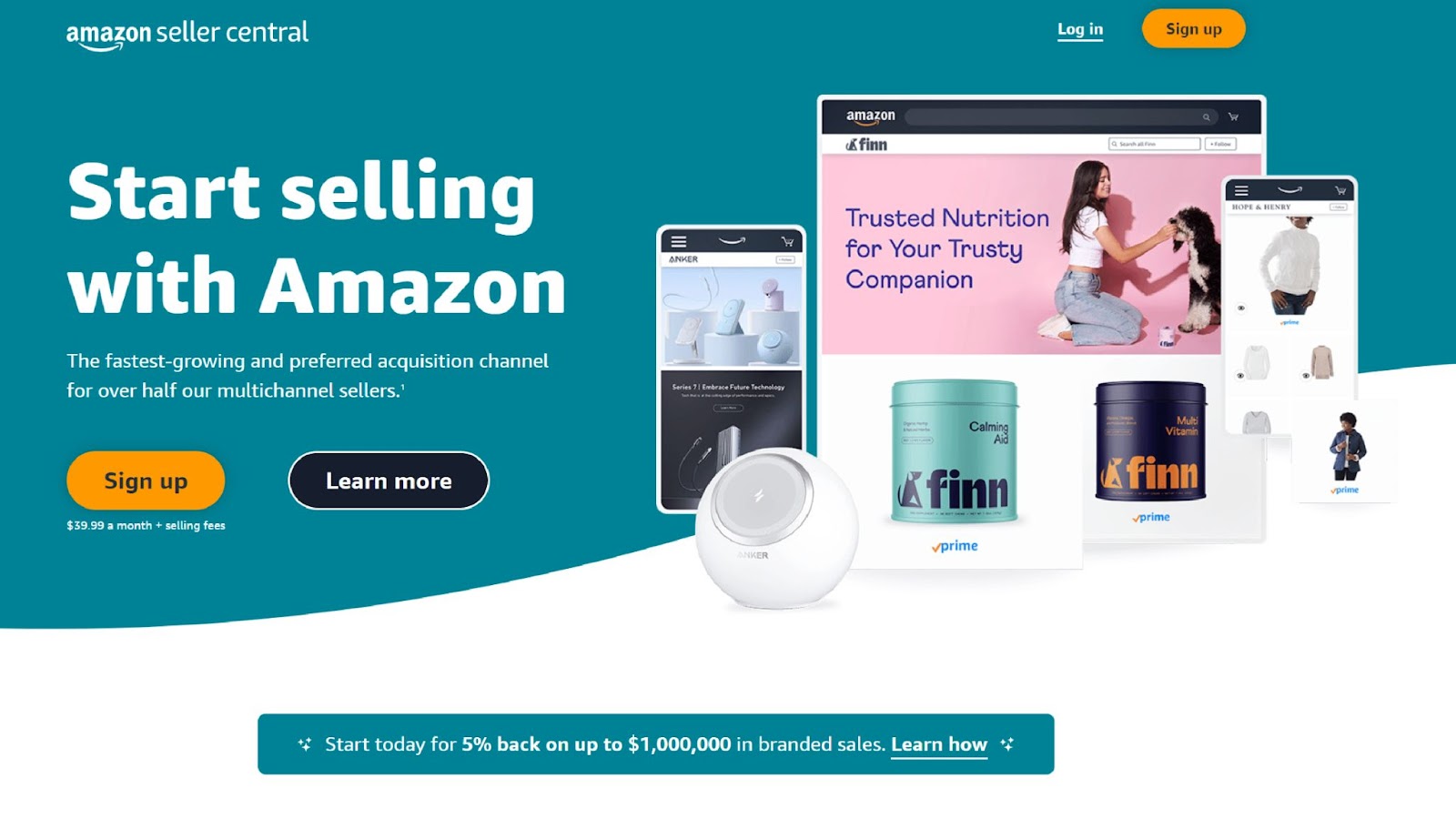
If you don’t already have an Amazon Seller Account, create one by visiting the Amazon Seller Central website. If you already have an account, sign in using your credentials.
Step 4. Access Brand Registry Enrollment
Once you’re logged into your Seller Account, navigate to the Brand Registry section. You can usually find this under the “Brand” or “Brand Registry” tab in your Seller Central dashboard. Click on the option to enroll in Brand Registry.
Step 5. Provide Brand Information
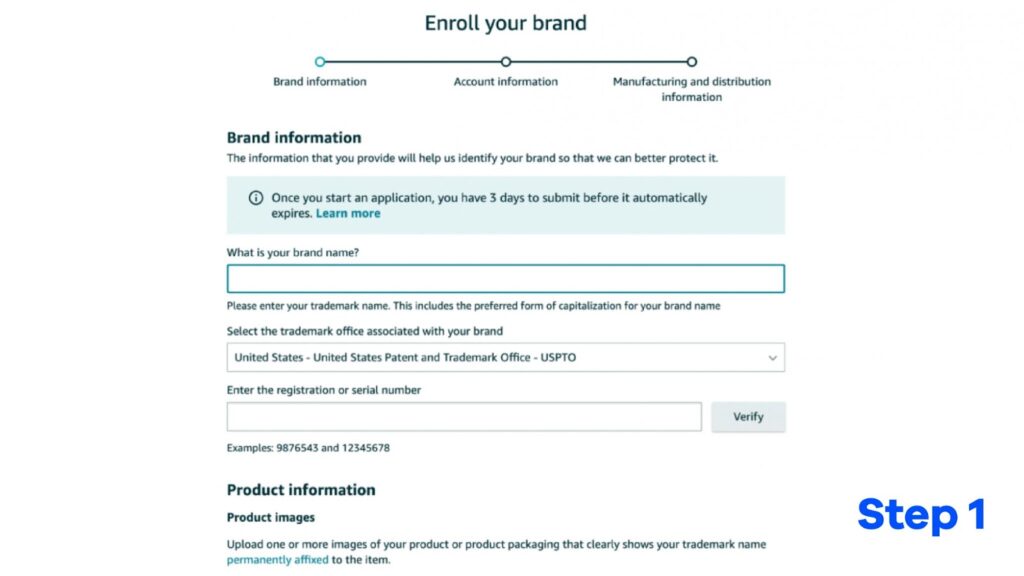
Fill in the required information about your brand, including the name, trademark details, and the countries where your brand’s products are manufactured and distributed.
Be thorough and accurate in your responses to expedite the enrollment process.
Step 6. Submit Supporting Documentation
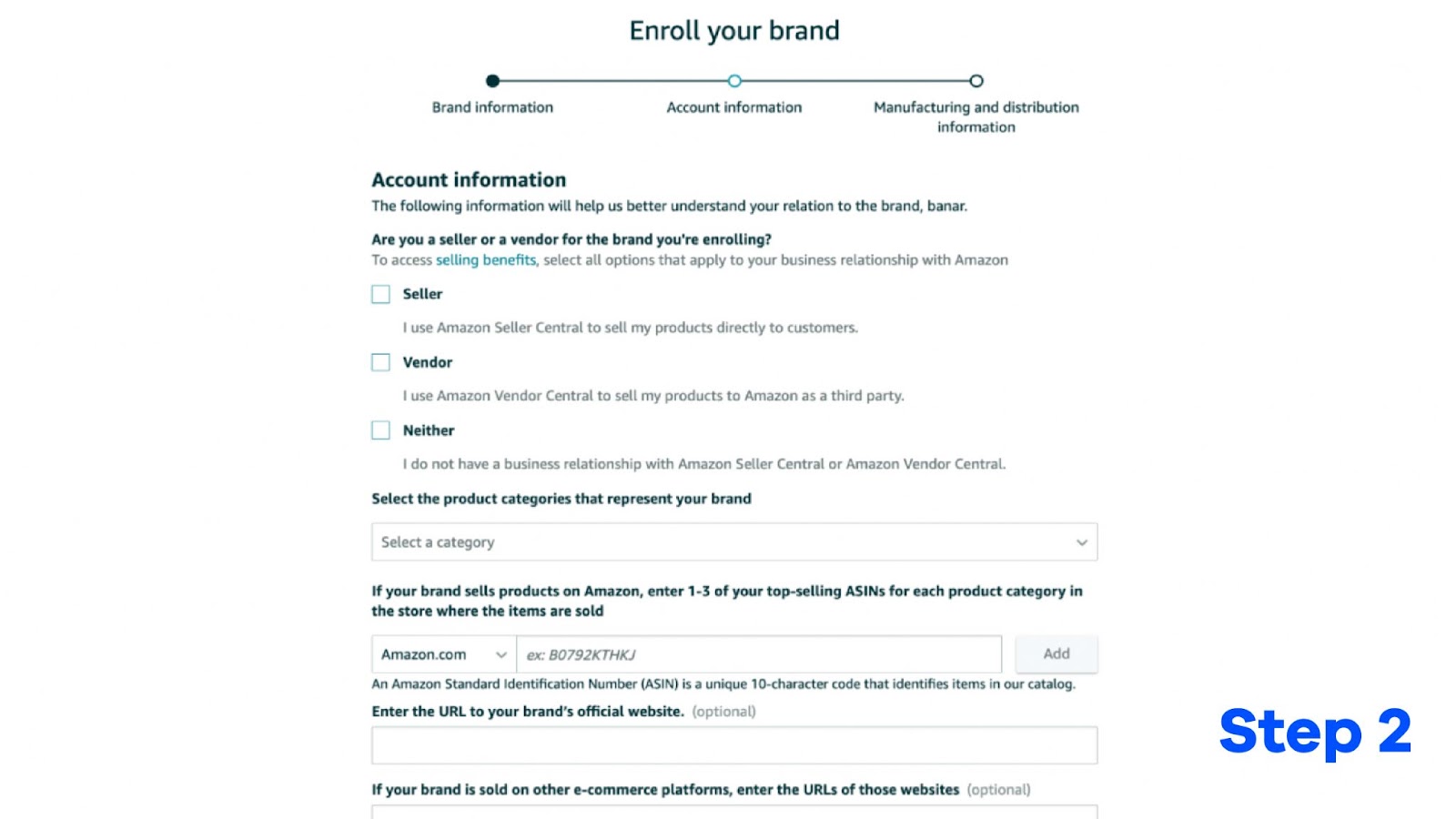
Upload the documentation you prepared in Step 2 to verify your brand’s eligibility. This may include your registered trademark certificate, product packaging images, or any other relevant proof of brand ownership.
Ensure the documents are clear, legible, and meet Amazon’s guidelines.
Step 7. Review and Submit Your Application
Before submitting your application, carefully review all the information you have provided. Double-check that your documentation is accurate and complete. Once you are satisfied, submit your application for Amazon’s review.
Step 8. Monitor the Application Status
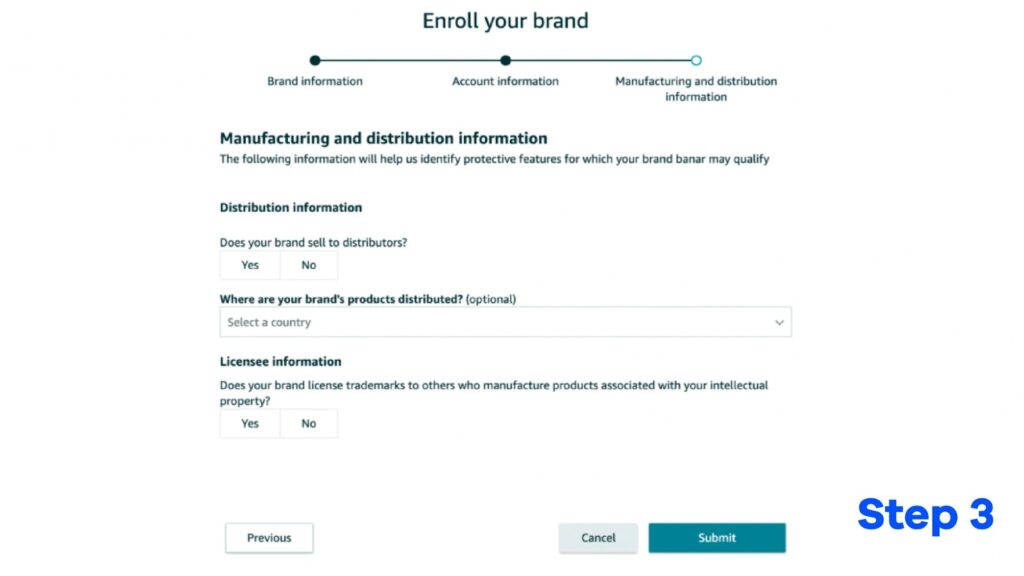
After submission, Amazon will review your application for Brand Registry. This process can take several days or weeks. Monitor the status of your application through your Seller Central account.
Amazon may request additional information or clarification during the review process, so be responsive and provide any requested documents promptly.
Best Pricing Strategy For Your Amazon Private Label Products
Pricing your Amazon private label products strategically is vital for maximizing sales and profits. To achieve optimal results, consider the following factors and utilize advanced tools like Dynamic Pricing to drive your pricing strategy:
Tip 1. Determine the Right Sales Velocity
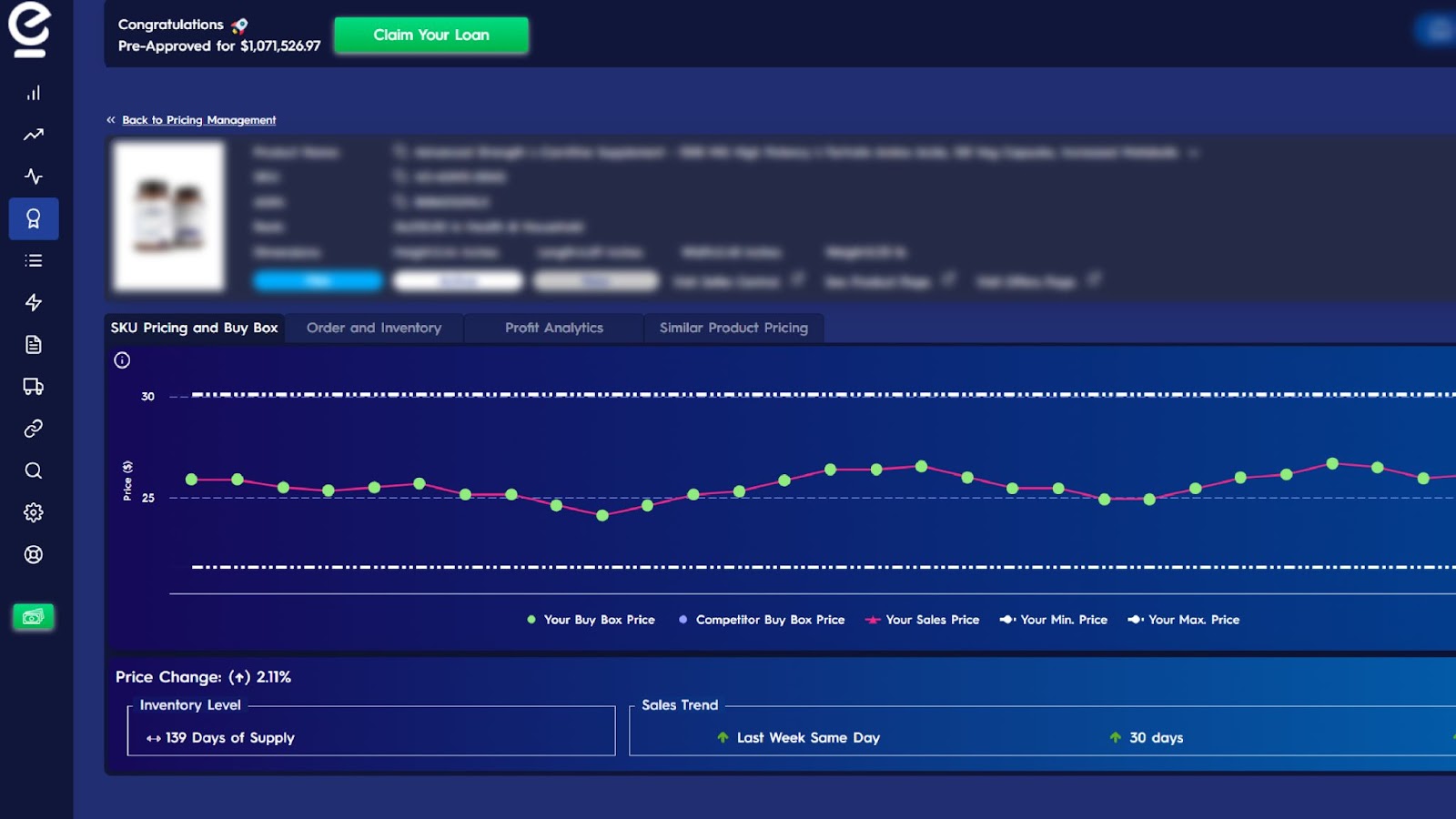
Strike a balance between sales speed and profitability. Setting low prices may lead to quick sales but minimal profit margins. Conversely, high prices could result in limited sales and potential costs associated with stagnant inventory.
Dynamic Pricing, powered by AI, can help identify the optimal price range that ensures both high sales velocity and maximum profitability.
For instance, if you’re selling electronic accessories, finding the right price point will ensure steady sales without compromising your profit margins.
Tip 2. Analyze Market Demand
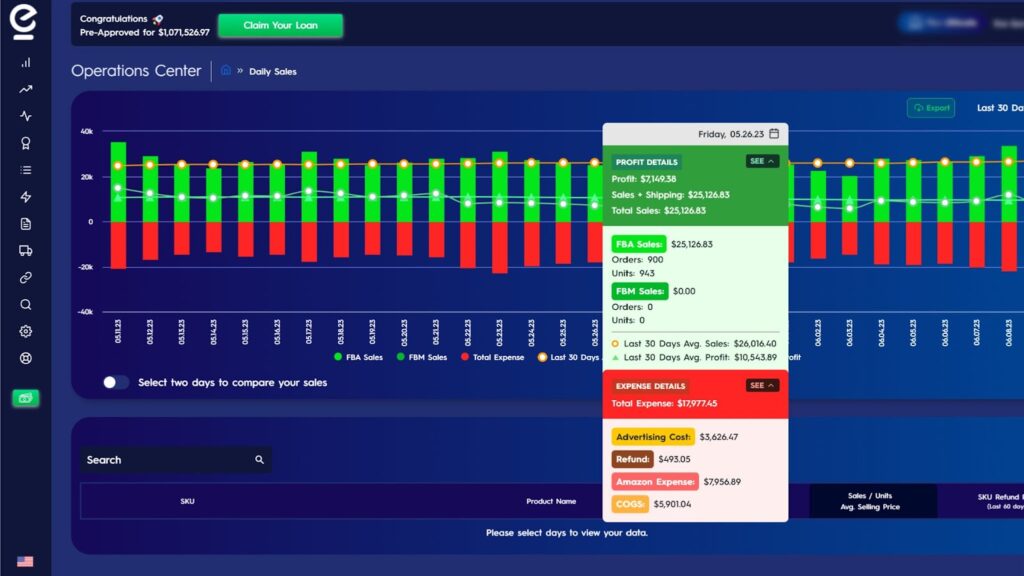
Study the pricing landscape of similar products in your market niche. Ensure your prices align reasonably with the competition, neither significantly above nor below. Dynamic Pricing constantly monitors market demand, allowing you to adjust your prices accordingly and stay competitive.
Suppose you’re launching a new line of organic skincare products. Observing the market demand and adjusting your prices accordingly will help you position your brand effectively within the market.
Tip 3. Factor in All Costs
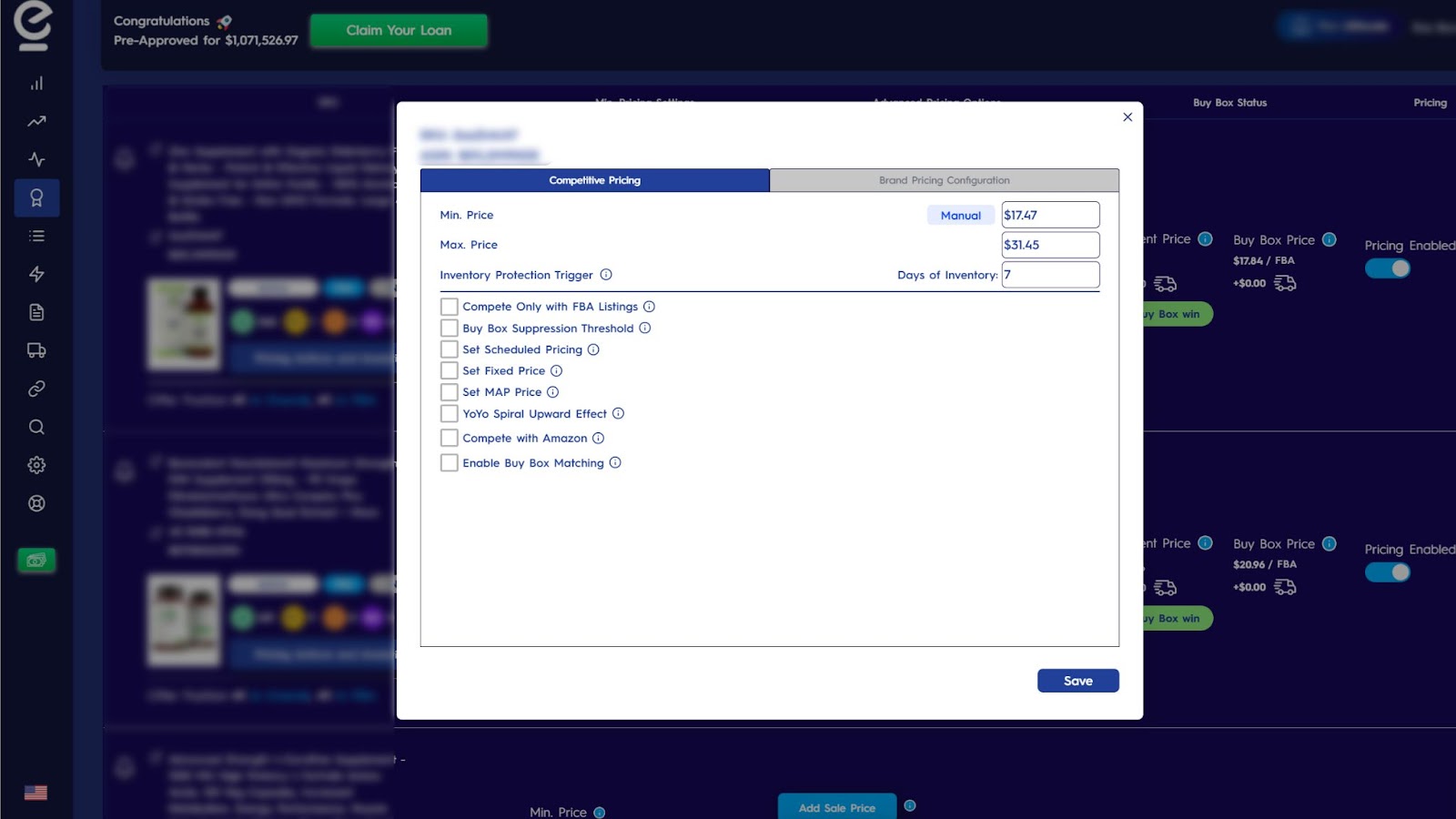
Consider all expenses associated with your product, including manufacturing, shipping, and advertising costs, when determining your pricing strategy.
Dynamic Pricing integrates with Eva’s inventory management and advertising platform, enabling you to calculate Total Advertising Cost of Sales (TACoS) and all relevant Amazon fees automatically. This holistic approach ensures you can establish the minimum profitable price for your products.
For example, if you’re selling kitchen appliances, accurately accounting for manufacturing, shipping, and advertising costs will allow you to set prices that cover expenses and generate substantial profits.
Remember, while there isn’t a one size fits all pricing strategy for Amazon private label businesses, leveraging advanced tools like Dynamic Pricing by Eva can help you find the optimal pricing approach for your unique brand.
Amazon Ads For Your Private Label Brand
Running Amazon ads for your private label products is a crucial step in maximizing your brand visibility, driving sales, and staying ahead of the competition.
With millions of customers browsing Amazon every day, strategic advertising can significantly enhance your product’s discoverability and increase your chances of converting browsers into buyers. To make the most of your Amazon advertising campaigns, consider leveraging the following advanced ad types:
1. Sponsored Product Ads
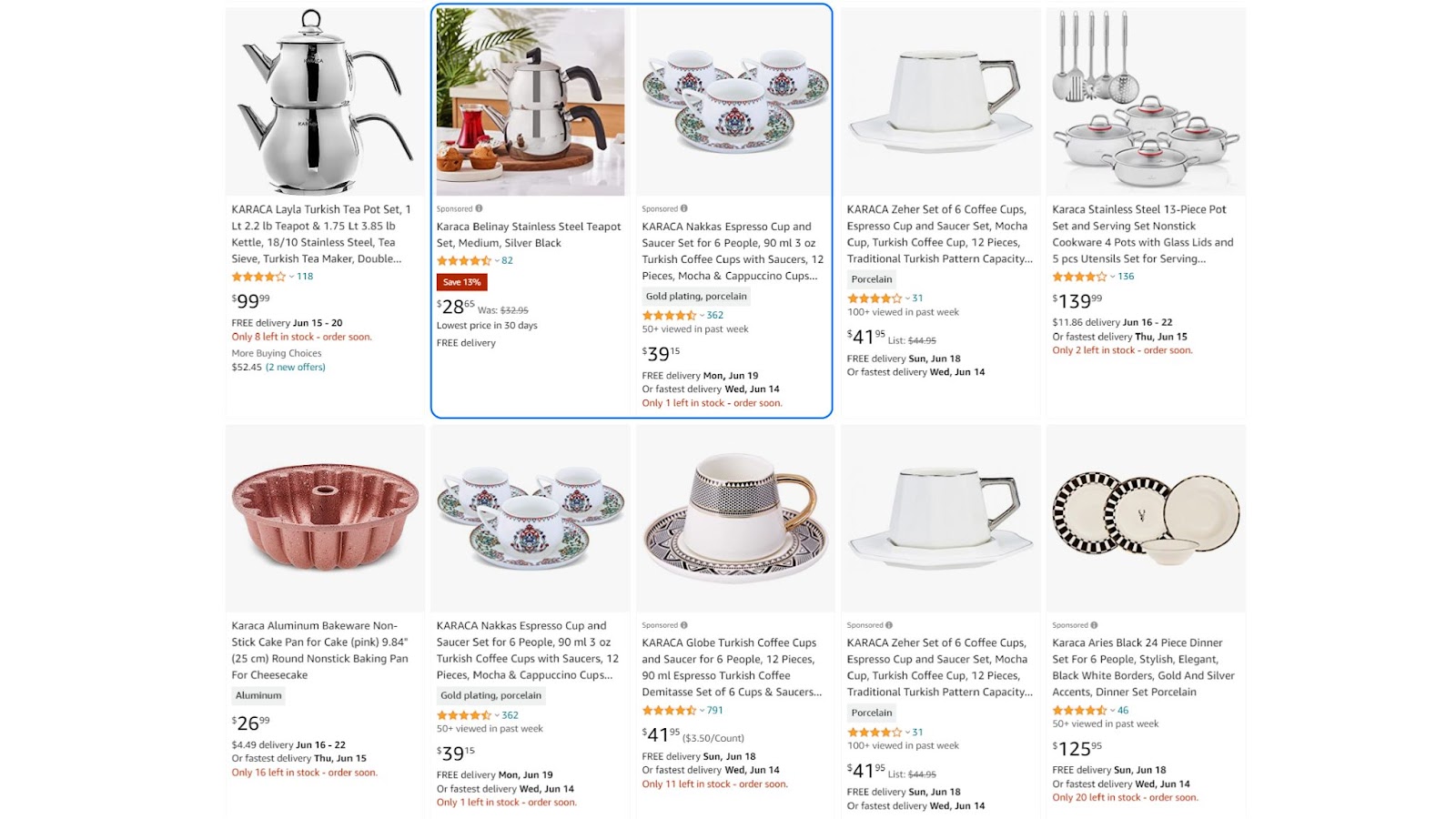
Sponsored Product Ads allow you to promote individual products within search results and on product detail pages. These ads can increase your product’s visibility, especially when targeting relevant keywords and popular search terms.
By bidding on keywords related to your private label products, you can effectively target customers actively searching for similar items, boosting your chances of conversions.
For example, if you sell premium yoga mats under your private label, running Sponsored Product Ads with keywords like “high-quality yoga mat” or “non-slip yoga mat” can help your product stand out to potential customers.
2. Sponsored Brand Ads
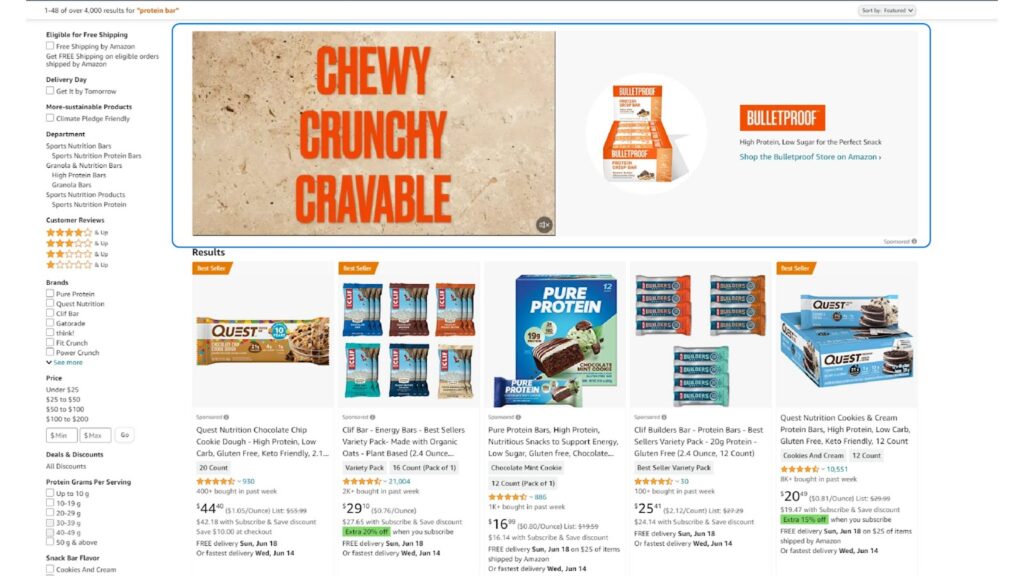
Sponsored Brand Ads are ideal for promoting your private label brand as a whole. These ads feature your brand logo, a customizable headline, and a selection of your products.
These ads appear in prominent positions on search result pages, providing a powerful way to build brand recognition and capture customer attention.
Suppose you have a private label brand specializing in organic pet food. Running Sponsored Brand Ads with your brand logo and featuring a range of your pet food products can help establish your brand’s presence and attract pet owners looking for healthy and natural options.
3. Sponsored Display Ads
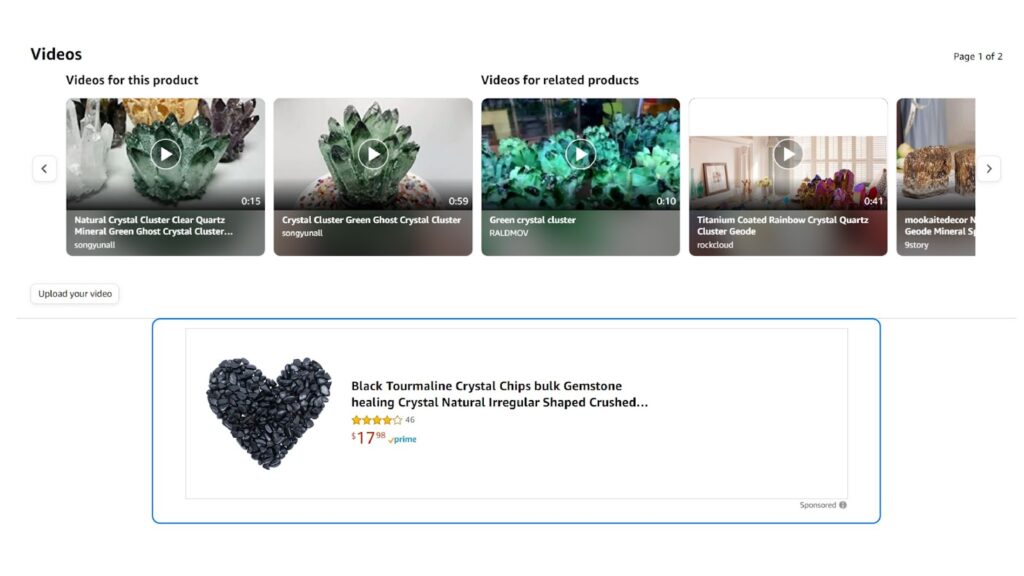
Sponsored Display Ads allow you to reach potential customers beyond Amazon’s website, targeting them while they browse other websites and apps.
These ads can increase brand awareness, re-engage previous customers, and even target audiences interested in similar products or categories.
For instance, if you have a private label line of skincare products, running Sponsored Display Ads that target audiences interested in skincare, beauty, and wellness can expand your reach and expose your brand to new potential customers.
What Sets Your Brand Apart from Private Label Competition on Amazon
Competing with Amazon’s private label brands can be daunting for third-party merchants on the platform. Here’s how to stand out from the crowd:
1. Marketing
Highlight the unique features and qualities of your products that distinguish them from cheaper private-label alternatives.
For example, if you offer organic and sustainable products, emphasize the environmental benefits and quality of your materials.
Utilize persuasive storytelling techniques to create a connection between your brand and the target audience. Share your brand’s story, values, and mission through compelling content on your product listings, social media channels, and website.
Additionally, consider collaborating with influencers or running targeted advertising campaigns to increase brand awareness and reach a wider audience.
2. Customer Service
Exceptional customer service can be a powerful tool in building trust and loyalty. Prioritize prompt and helpful responses to customer inquiries and address any issues or concerns promptly.
Offer personalized assistance, easy returns, and hassle-free refunds to ensure a positive shopping experience.
Proactively engage with customers through post-purchase follow-ups, requesting feedback or reviews, and providing valuable resources or tips related to your products.
By going above and beyond to exceed customer expectations, you can foster positive word-of-mouth and build a loyal customer base.
3. Product Variation
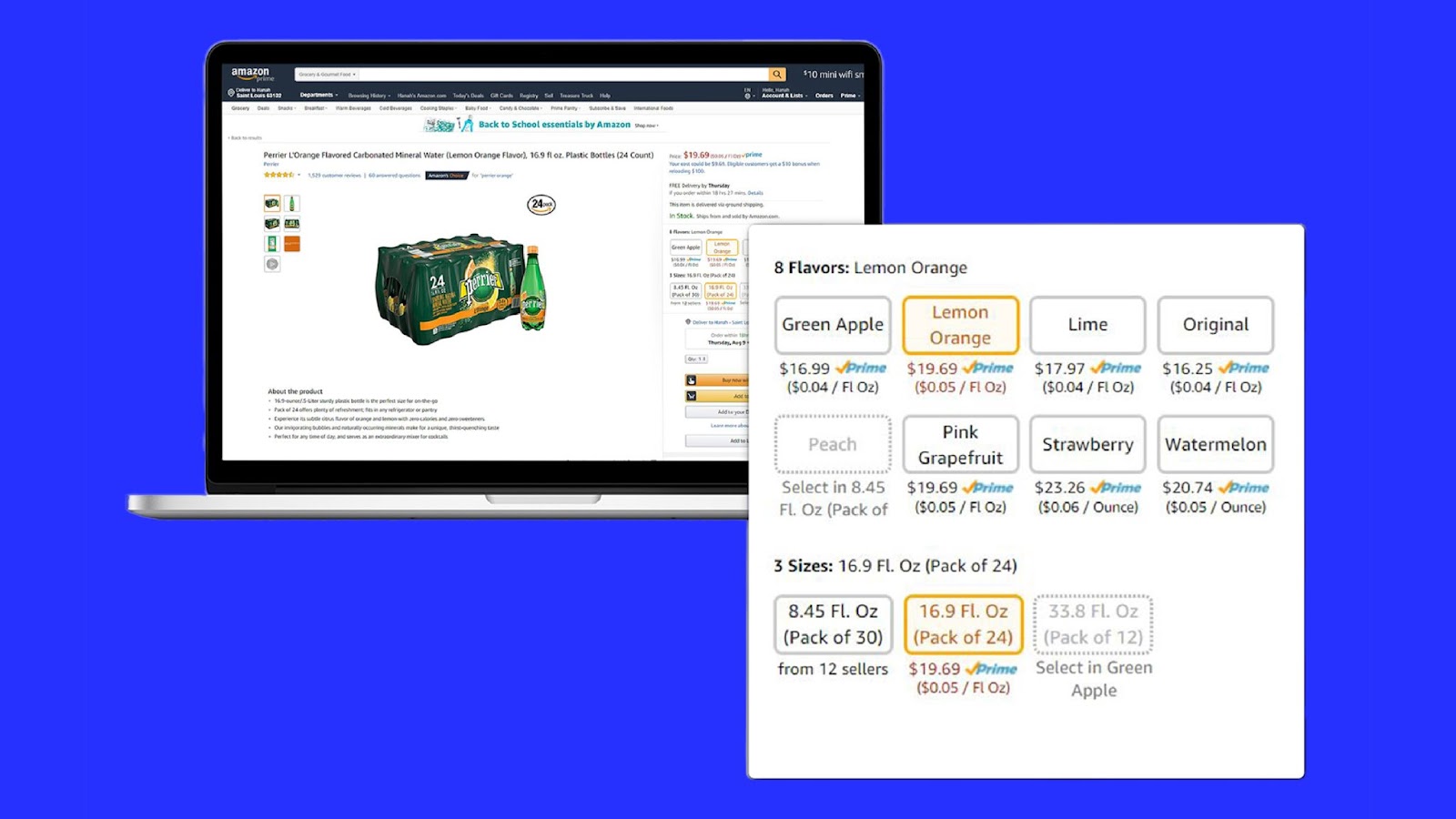
Explore opportunities to create new variations or bundles of your existing products. By offering unique combinations or value-added features, you can differentiate your offerings from those sold by Amazon.
For example, if you sell kitchen appliances, consider creating a bundle that includes complementary accessories or recipe books.
Conduct market research and listen to customer feedback to identify gaps or untapped niches within your product category. Introducing innovative variations can attract customers seeking specialized or customized options, giving you a competitive advantage.
4. Shipping & Fulfillment
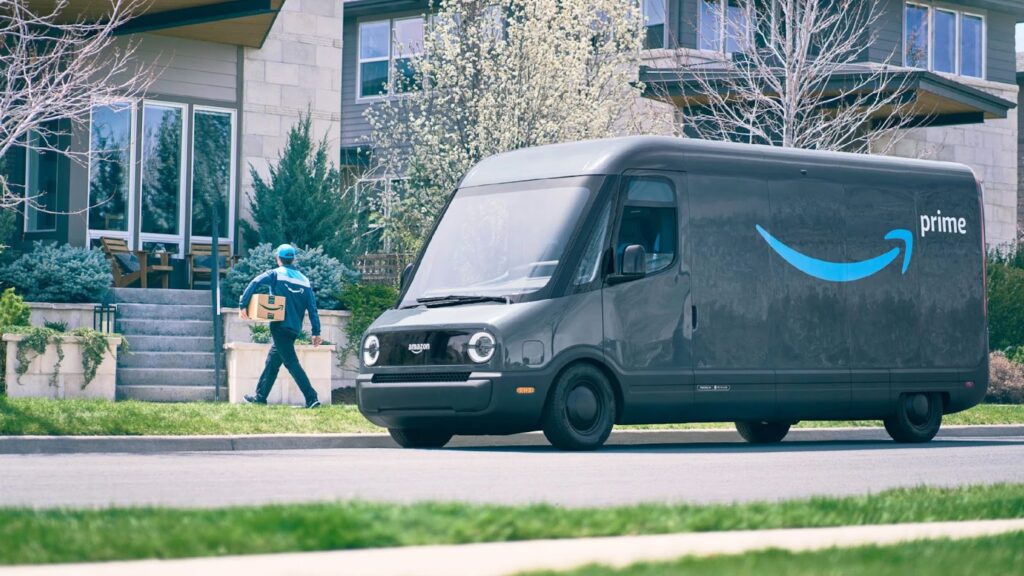
Assess your shipping model and compare options like dropshipping versus Fulfillment by Amazon (FBA). As Amazon’s fast shipping times become increasingly challenging to match, utilizing FBA for your private label brand can be advantageous.
FBA not only ensures quick and reliable delivery but also provides benefits such as Prime eligibility, improved visibility, and increased customer trust.
However, if you have the resources and capability to offer fast and reliable shipping independently, consider optimizing your logistics and fulfillment operations to maintain a competitive edge.
5. Brand Building
Invest in building a strong and recognizable brand identity. Create a professional and visually appealing brand logo, packaging, and product labels. Consistently present your brand across all touchpoints, from product listings to social media profiles, to establish brand recognition.
Leverage content marketing strategies such as blogging, video tutorials, or educational resources related to your products to position your brand as an authority in your niche.
Collaborate with influencers or industry experts to expand your reach and gain credibility. By consistently delivering a cohesive brand experience, you can cultivate customer loyalty and stand out in a crowded marketplace.
5 Inspiring Examples Of Private Label Brands On Amazon
1. Snuggie
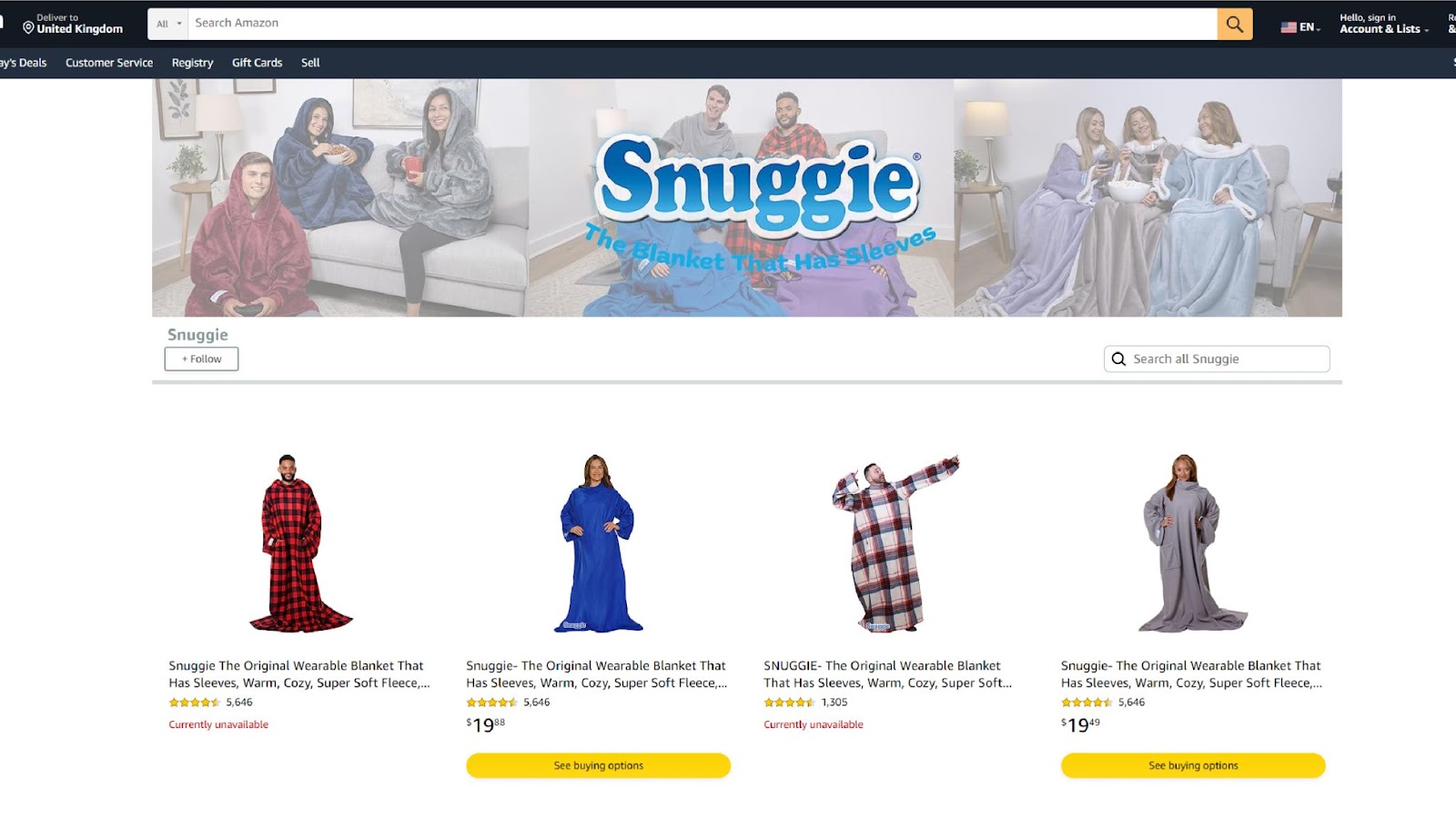
The Snuggie, a popular blanket with sleeves, became a massive success through private labeling.
It was initially introduced as a generic product, but a private label strategy allowed the company to brand and market it as a unique and innovative product. The Snuggie went on to generate millions in sales and became a cultural phenomenon.
Pro Tip: When private labeling, identify existing products with potential and add unique value to make them stand out. Invest in branding, marketing, and creating a compelling product story to capture consumer attention.
2. Anker
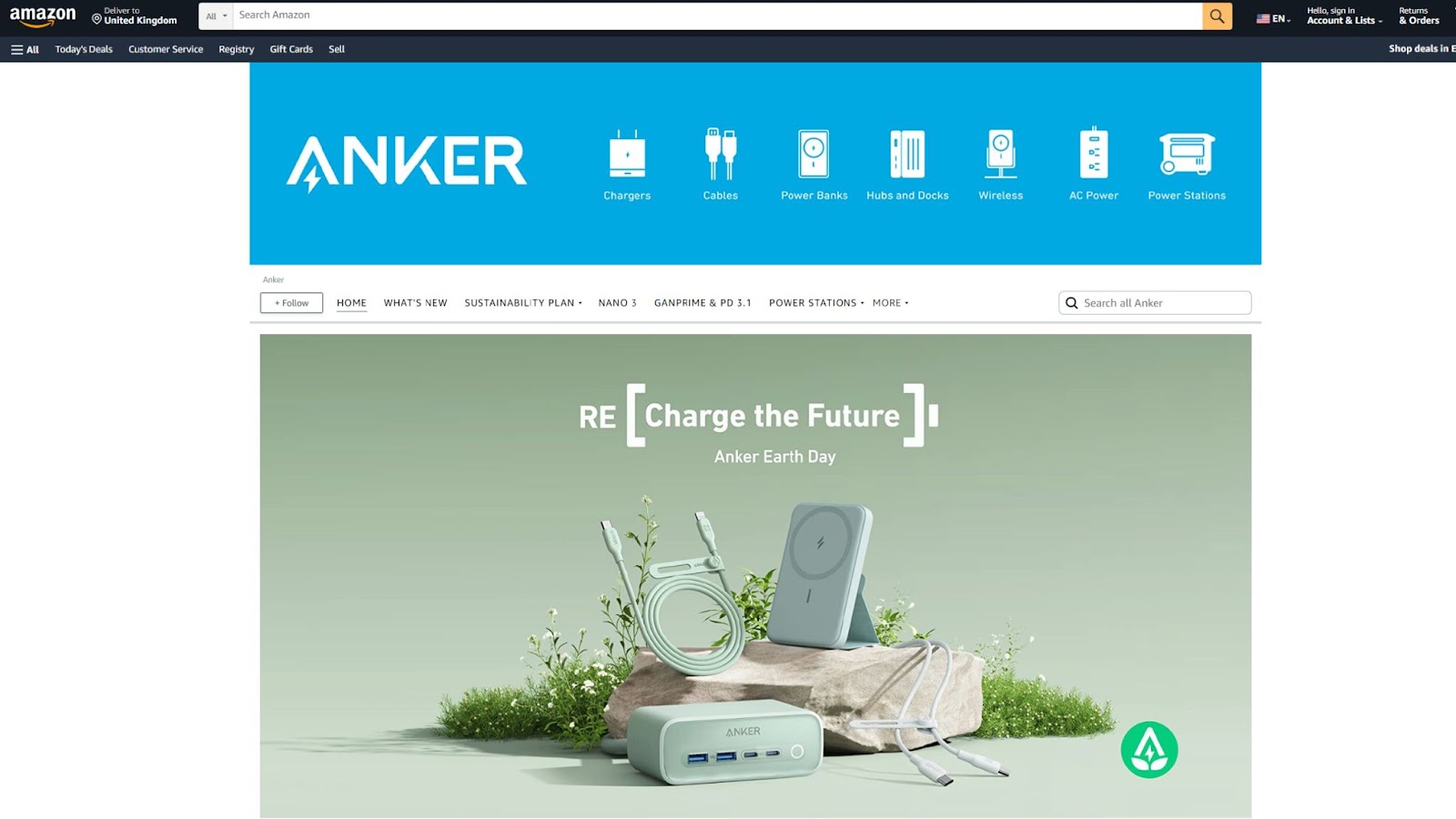
Anker is a well known brand in the consumer electronics industry. They started as a private label seller on Amazon, specializing in power banks and charging accessories.
By focusing on high quality products, competitive pricing, and excellent customer service, Anker gained a strong reputation and gradually expanded its product line. Today, Anker is a trusted brand in the electronics market.
Pro Tip: Prioritize quality and customer satisfaction to build trust and establish your brand’s reputation. Continuously innovate and expand your product offerings based on customer needs and market trends.
3. Quest Nutrition
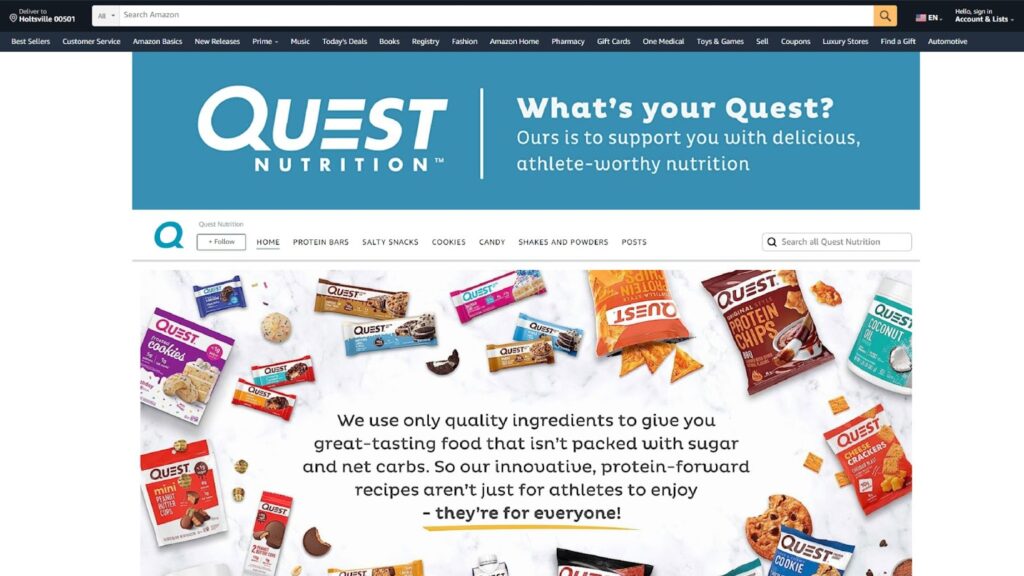
Quest Nutrition is a successful private label brand in the health and wellness industry. They specialize in protein bars and other nutritional products.
Quest Nutrition gained popularity by offering low carb, high protein options that catered to the growing demand for healthy snacks.
Their strategic branding, online marketing efforts, and commitment to product quality propelled them to become a leader in the industry.
Pro Tip: Identify niche markets and consumer trends within the health and wellness industry. Develop products that address specific needs and offer unique benefits. Invest in targeted marketing campaigns to reach and engage with your target audience.
4. Poo-Pourri
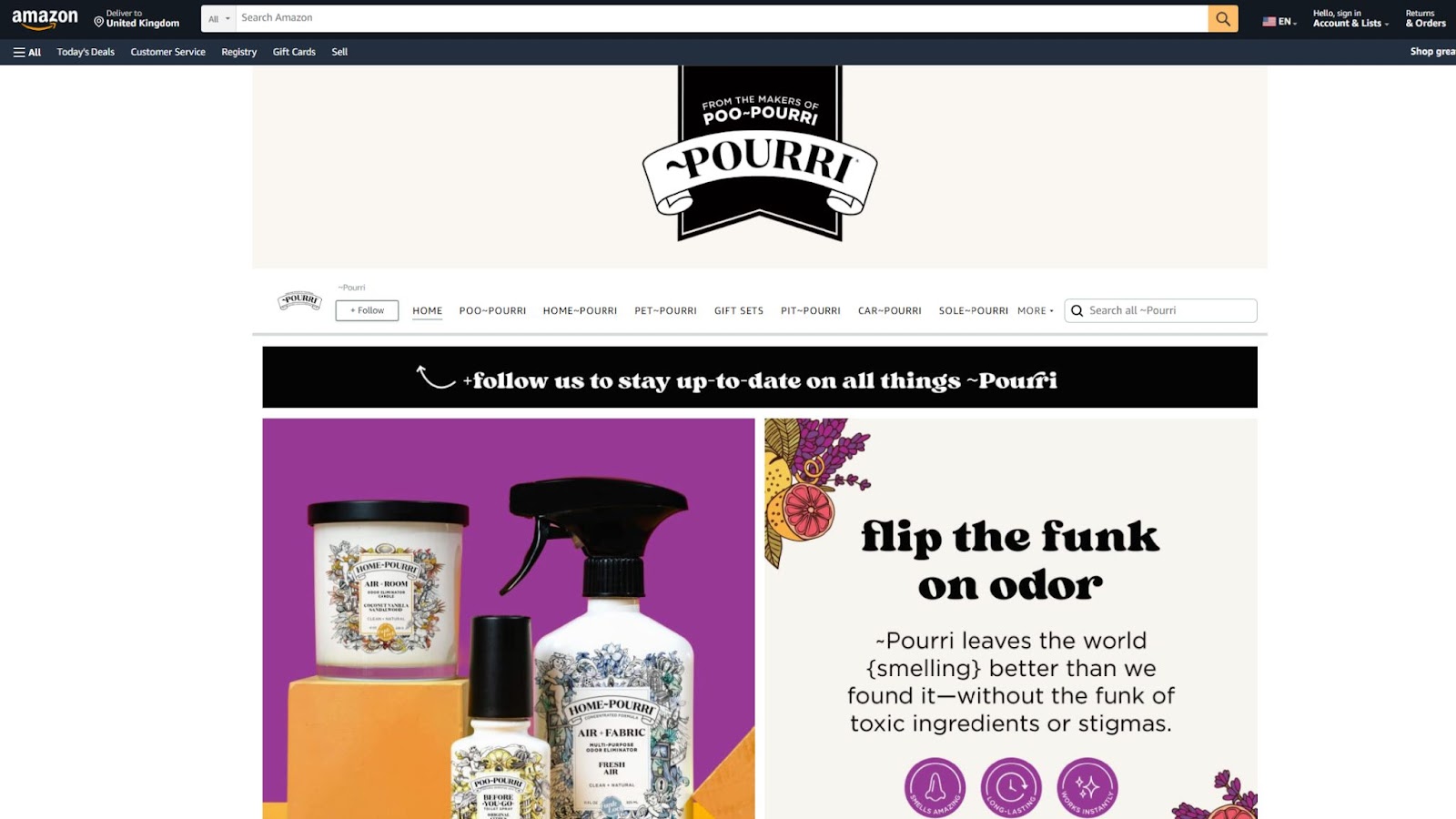
Poo-Pourri is a private label brand that disrupted the air freshener market. Their innovative product is a pre-toilet spray that eliminates odors by creating a protective barrier on the water’s surface.
Poo-Pourri’s humorous and bold marketing campaigns garnered significant attention and propelled the brand to success.
They leveraged social media, viral videos, and influencer partnerships to create brand awareness and drive sales.
Pro Tip: Think outside the box and find unique solutions to common problems. Embrace creativity in your marketing efforts to make your brand memorable and engaging. Utilize social media platforms and influencers to amplify your message and reach a wider audience.
5. Honest Company
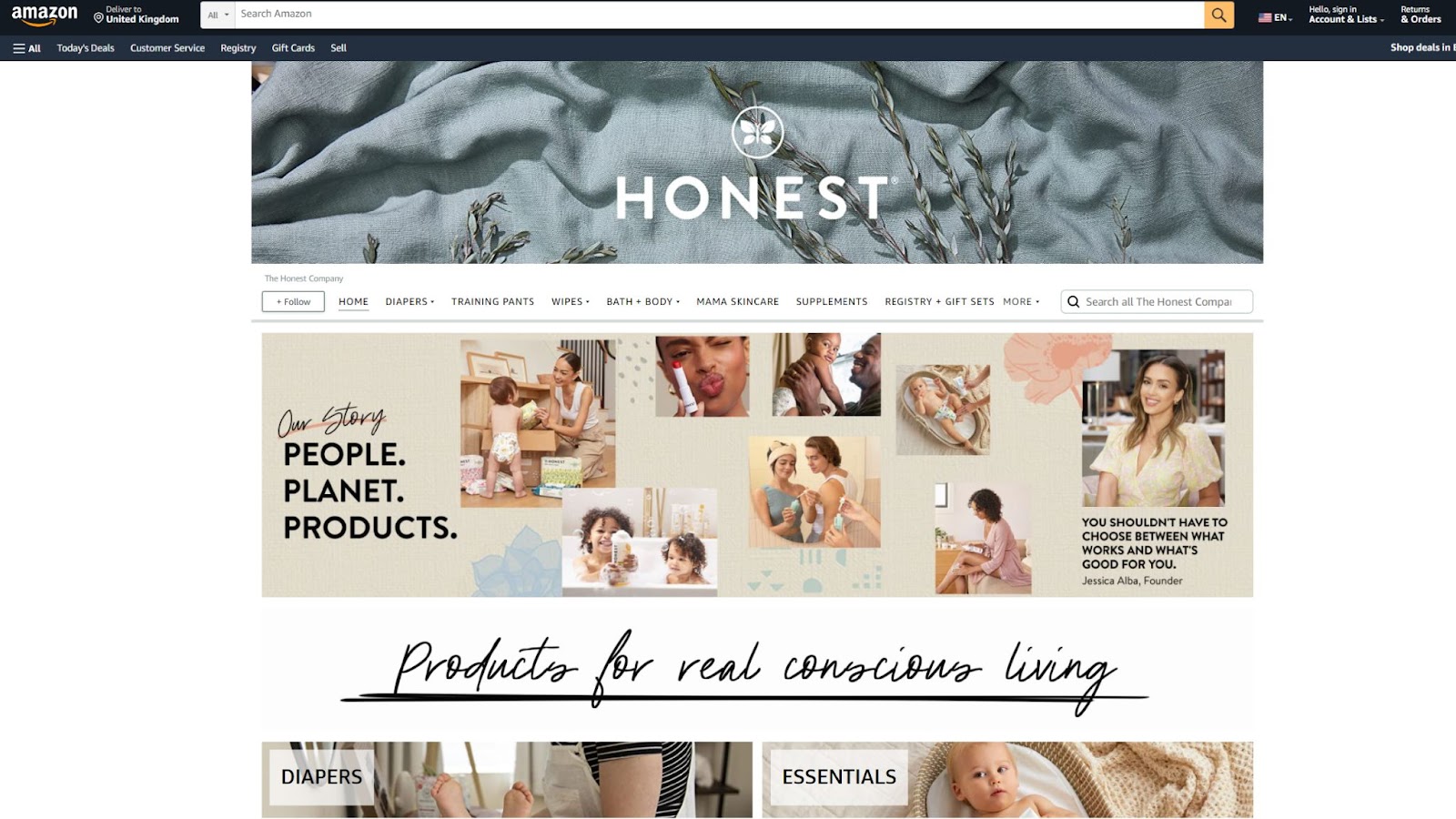
The Honest Company, founded by actress Jessica Alba, is a private label brand that provides safe and eco friendly products for babies, personal care, and household cleaning.
Through their commitment to transparency, sustainability, and high quality ingredients, the Honest Company gained a loyal customer base.
Their success story demonstrates the power of building a brand around values that resonate with consumers.
Pro Tip: Consider the importance of values and sustainability in your product offerings. Cater to specific customer needs, such as eco consciousness or natural ingredients. Clearly communicate your brand values and product benefits to connect with consumers on a deeper level.
List Of Best Private Label Products To Sell On Amazon
| Product Category | Description |
| Health and Wellness | Nutritional supplements, vitamins, fitness equipment |
| Beauty and Personal Care | Skincare, haircare, cosmetics, grooming products |
| Home and Kitchen | Kitchen gadgets, home decor, organization products |
| Electronics | Wireless headphones, smart home devices, phone accessories |
| Baby Products | Diapers, baby clothing, baby care essentials |
| Pet Supplies | Pet food, pet accessories, grooming products |
| Sports and Outdoors | Camping gear, exercise equipment, outdoor accessories |
| Fashion | Apparel, shoes, accessories, jewelry |
| Home Improvement | Tools, hardware, home renovation products |
| Office and Stationery | Notebooks, pens, desk accessories, office supplies |
Pro Tip: Coffee is also one of the best selling private label products on Amazon. Private label coffee is often seen as a more premium product than national brands and can be priced with a much higher profit margin.
In addition, retailers who offer private label coffee often source their beans from top notch suppliers and roast them to perfection, resulting in a delicious cup of coffee that coffee lovers can’t resist.
Conclusion
In conclusion, Amazon private label presents a tremendous opportunity for growth and profitability in 2023.
By following the steps outlined in this blog, you can start your own brand, find reliable suppliers, optimize listings, implement effective pricing strategies, and compete with other private label brands.
Remember to stay updated with the latest trends and strategies to stay ahead of the competition. Subscribe to the Eva Newsletter for valuable tips and actionable advice on selling on Amazon. Start your journey towards success in the world of Amazon private label today!
FAQ
Private label on Amazon refers to the practice of creating and selling your own branded products on the platform. It involves sourcing products from manufacturers, adding your branding, and selling them under your brand name.
The income generated from Amazon FBA private label businesses can vary greatly. It depends on factors such as product selection, pricing, marketing strategies, and market demand. Successful sellers have the potential to make significant profits, but individual earnings will vary
Amazon owns and operates numerous private labels across various product categories. While the exact number is not publicly disclosed, they have a wide range of private label brands, including AmazonBasics, Amazon Essentials, and Amazon Elements.
Amazon wholesale involves purchasing products from established brands or distributors and reselling them on Amazon.
Private label, on the other hand, involves creating your own brand and selling products under that brand name. With private label, you have more control over branding, pricing, and product quality.
While brand registry is not mandatory for private label sellers on Amazon, it is highly recommended.
Brand registry provides additional benefits such as enhanced brand protection, access to advertising features, and increased control over your product listings. It helps establish and protect your brand identity on the platform.
Private label can be highly profitable for sellers who effectively differentiate their products, optimize their listings, and implement successful marketing strategies.
By offering unique products with strong branding, sellers can capture market demand and generate significant profits.
Private label can be worth it for entrepreneurs and businesses looking to build their own brand and gain control over their product offerings.
It allows for higher profit margins, brand recognition, and long-term business growth. However, it requires careful product selection, branding, and marketing efforts.
Private labels are not necessarily more expensive than other brands. In fact, private labels often offer competitive pricing since they eliminate intermediary costs associated with traditional retail channels.
By sourcing products directly from manufacturers, private label sellers can offer quality products at competitive prices.
The largest private label on Amazon is difficult to determine definitively as it can vary depending on the product category and geographical region.
However, AmazonBasics is one of the most well-known and successful private label brands owned by Amazon, covering a wide range of products.
Like any business venture, private label carries inherent risks. These include product quality issues, competition, changing market trends, and the need for effective marketing.
However, with careful research, planning, and implementation, the risks can be mitigated, and private label can be a successful and rewarding endeavor.
Some potential disadvantages of private label include the need for an initial investment in product development, branding, and marketing.
Additionally, private label products may face competition from established brands. It also requires ongoing effort to differentiate and promote your brand in a crowded marketplace.
Amazon’s main marketplace, Amazon.com, is the most popular and widely used platform for private label sellers. It provides access to a large customer base, robust fulfillment options like FBA, and advanced advertising and marketing features.
However, regional Amazon marketplaces, such as Amazon.co.uk or Amazon.de, can also be viable options for targeting specific markets and expanding your private label business internationally.

![Amazon Private Label: The Ultimate Guide [2023 Updated]](https://eva.guru/wp-content/uploads/2023/01/ultimate-amazon-private-label-selling-success-guide-2023-1024x590.jpg)
